
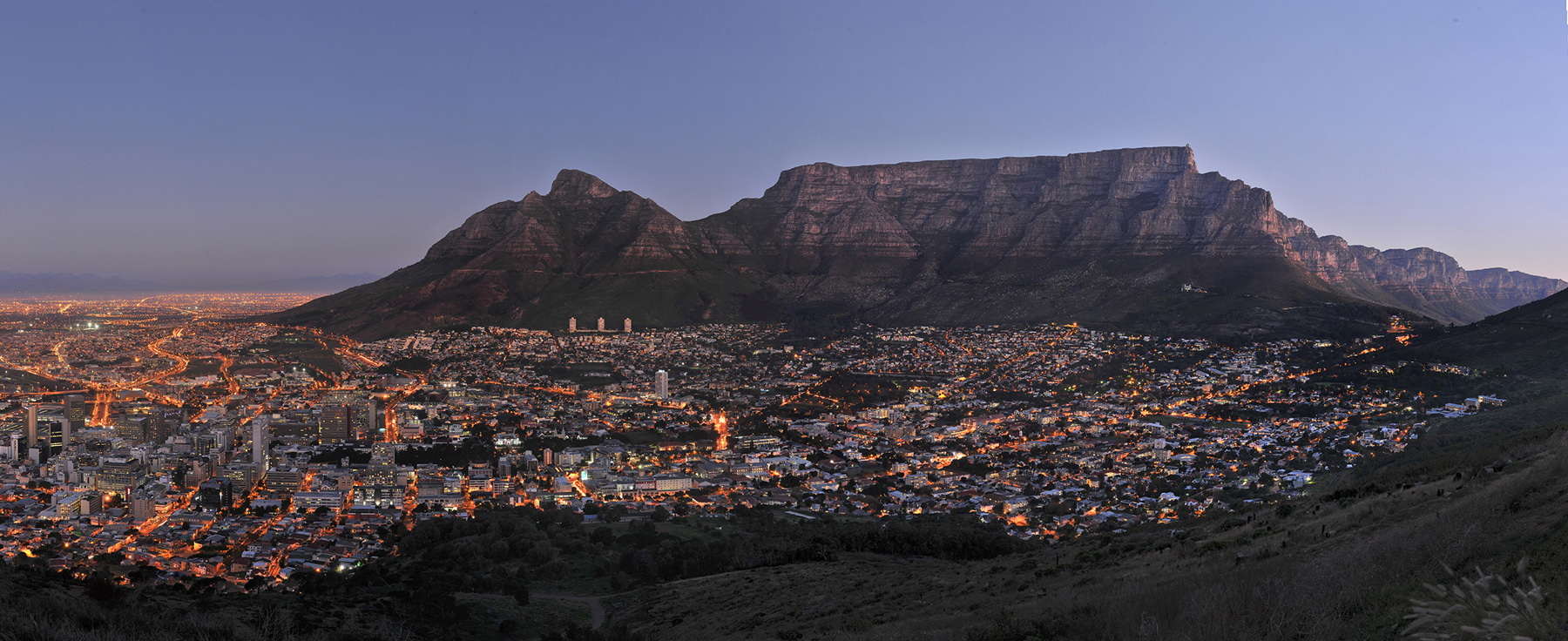
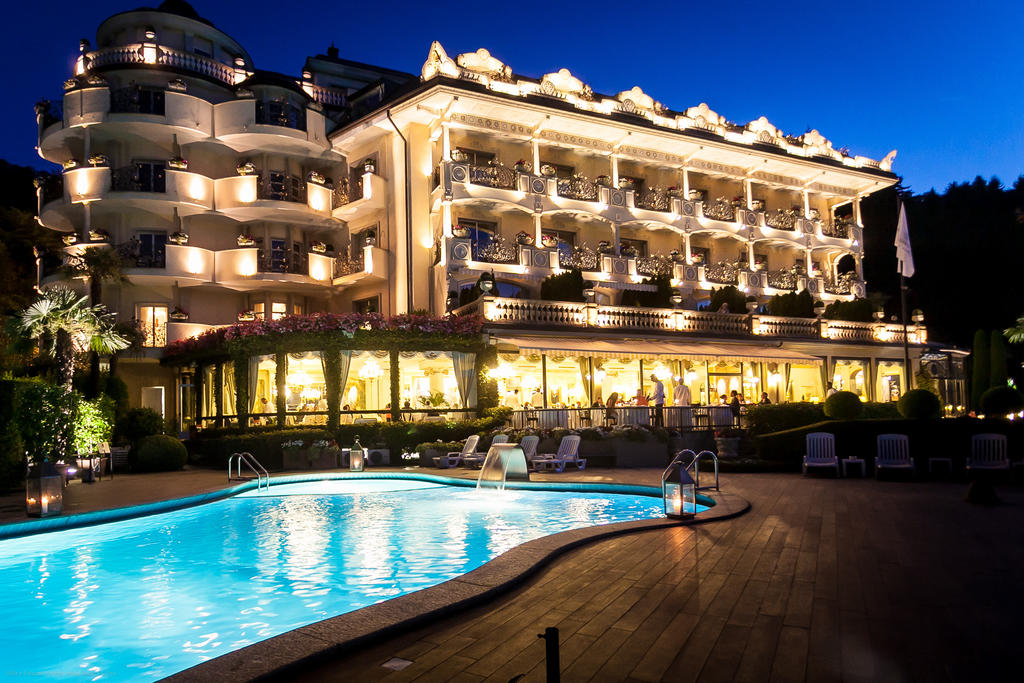
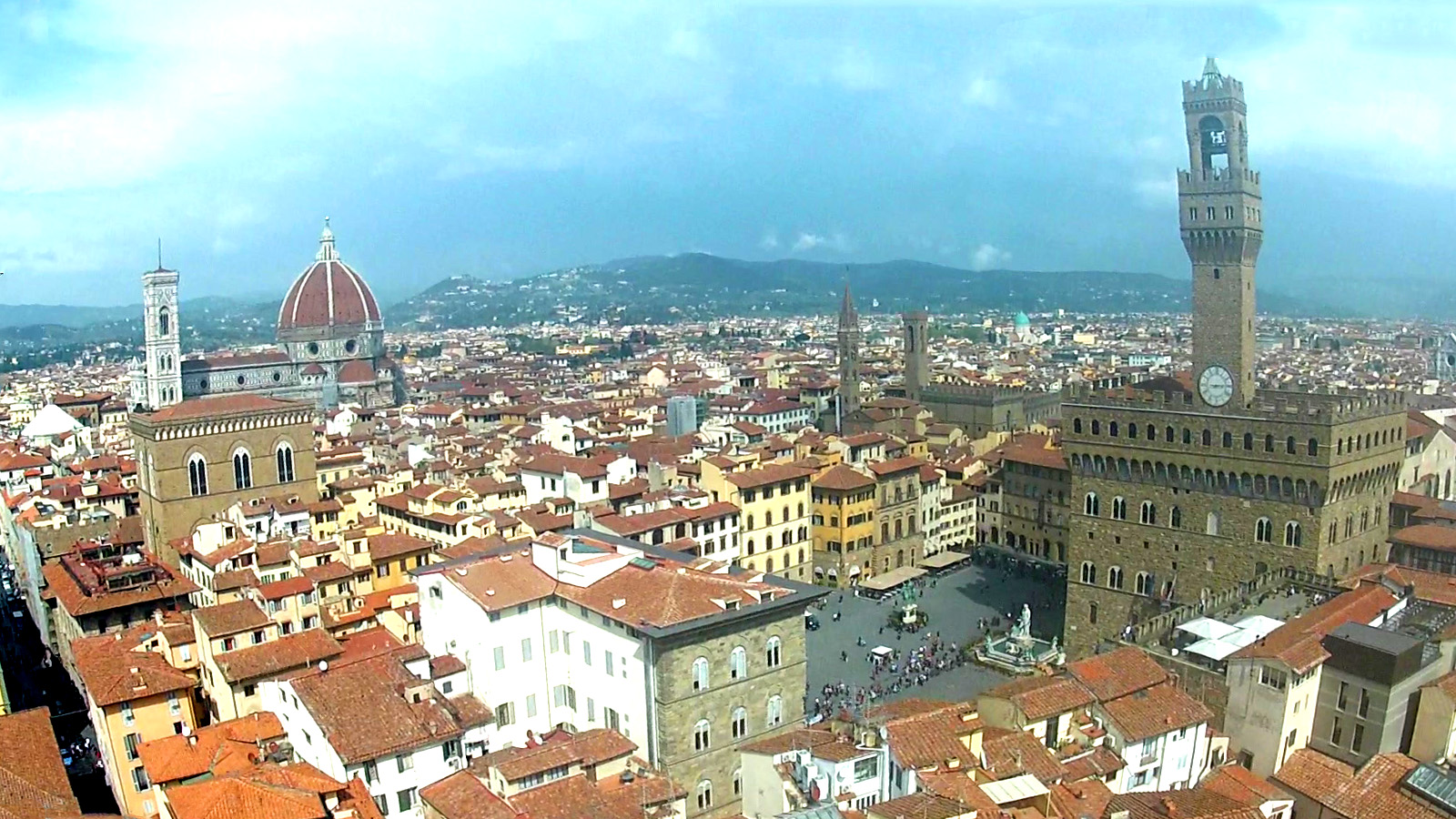

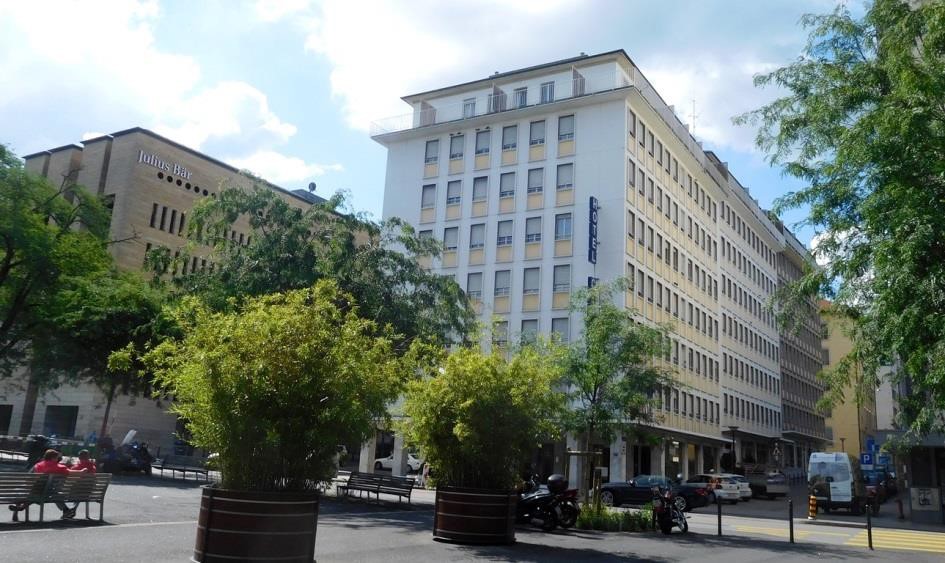
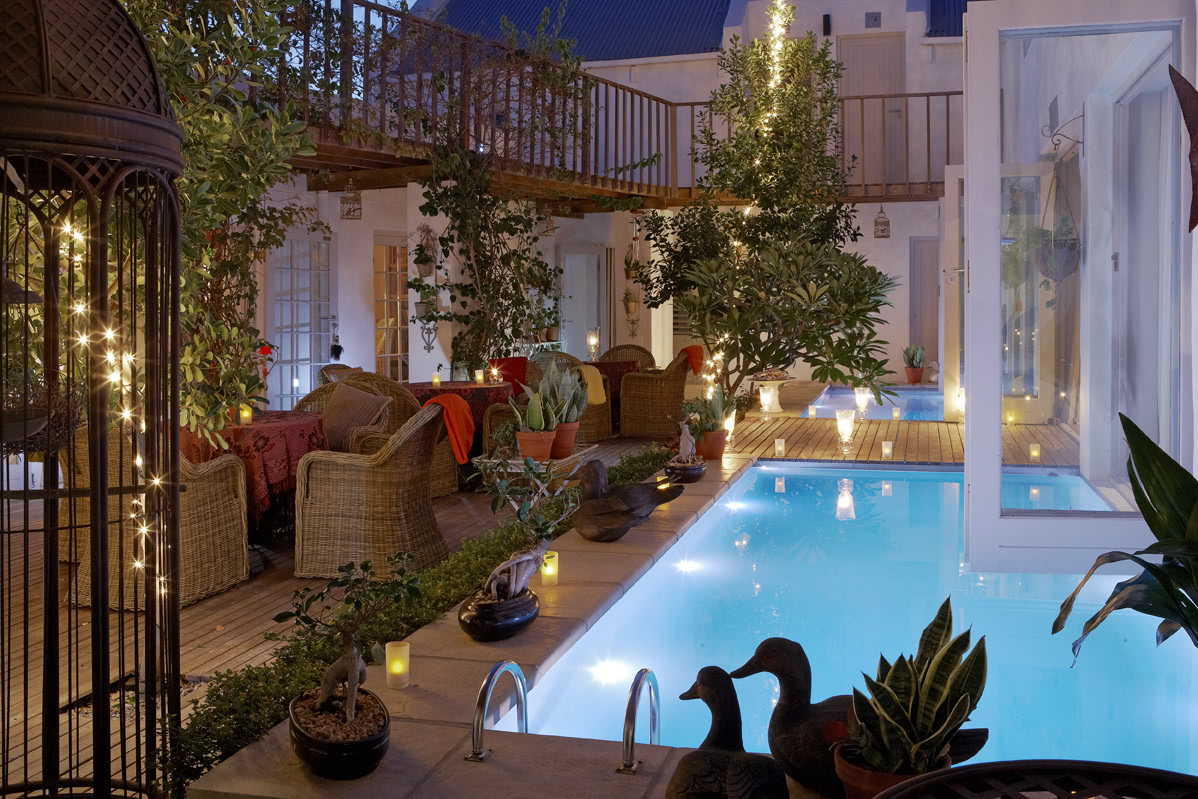
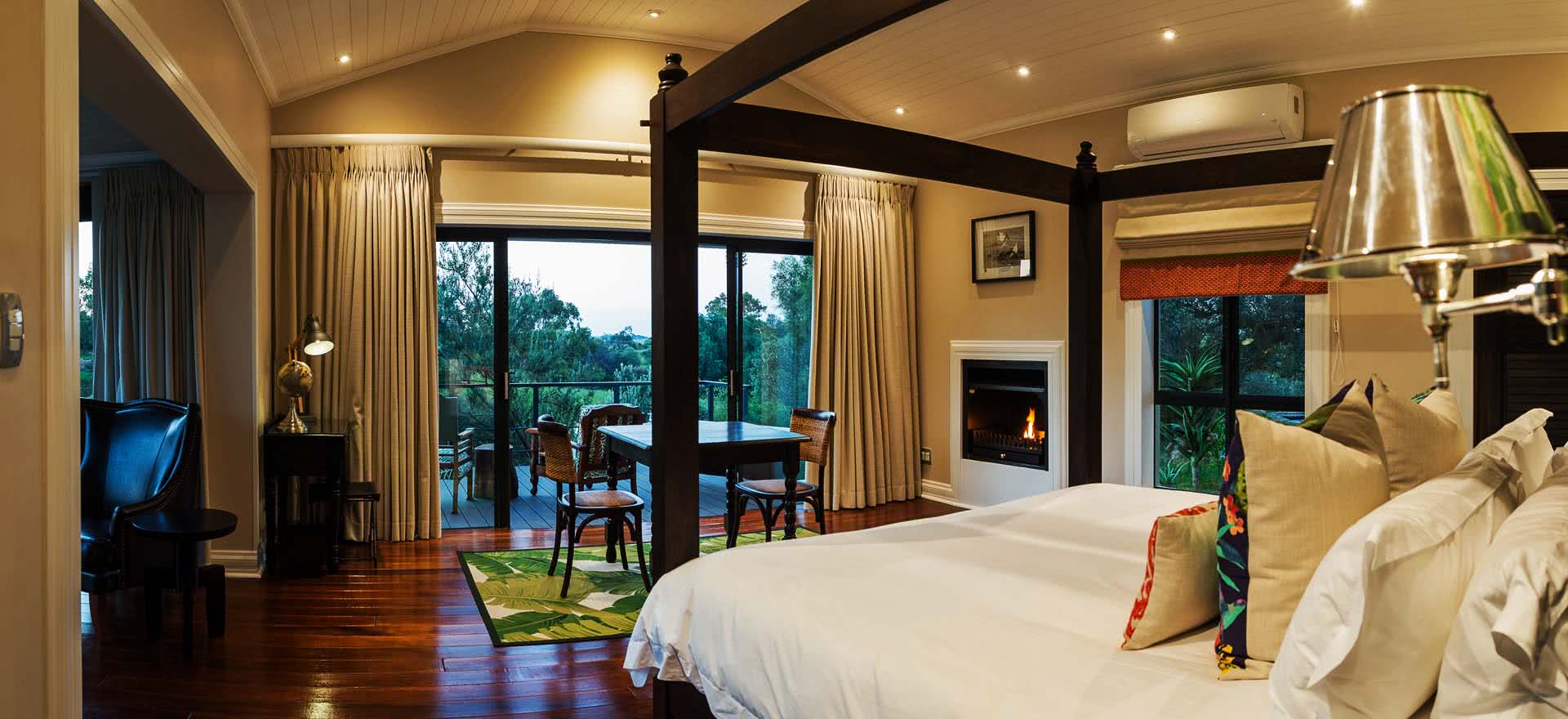
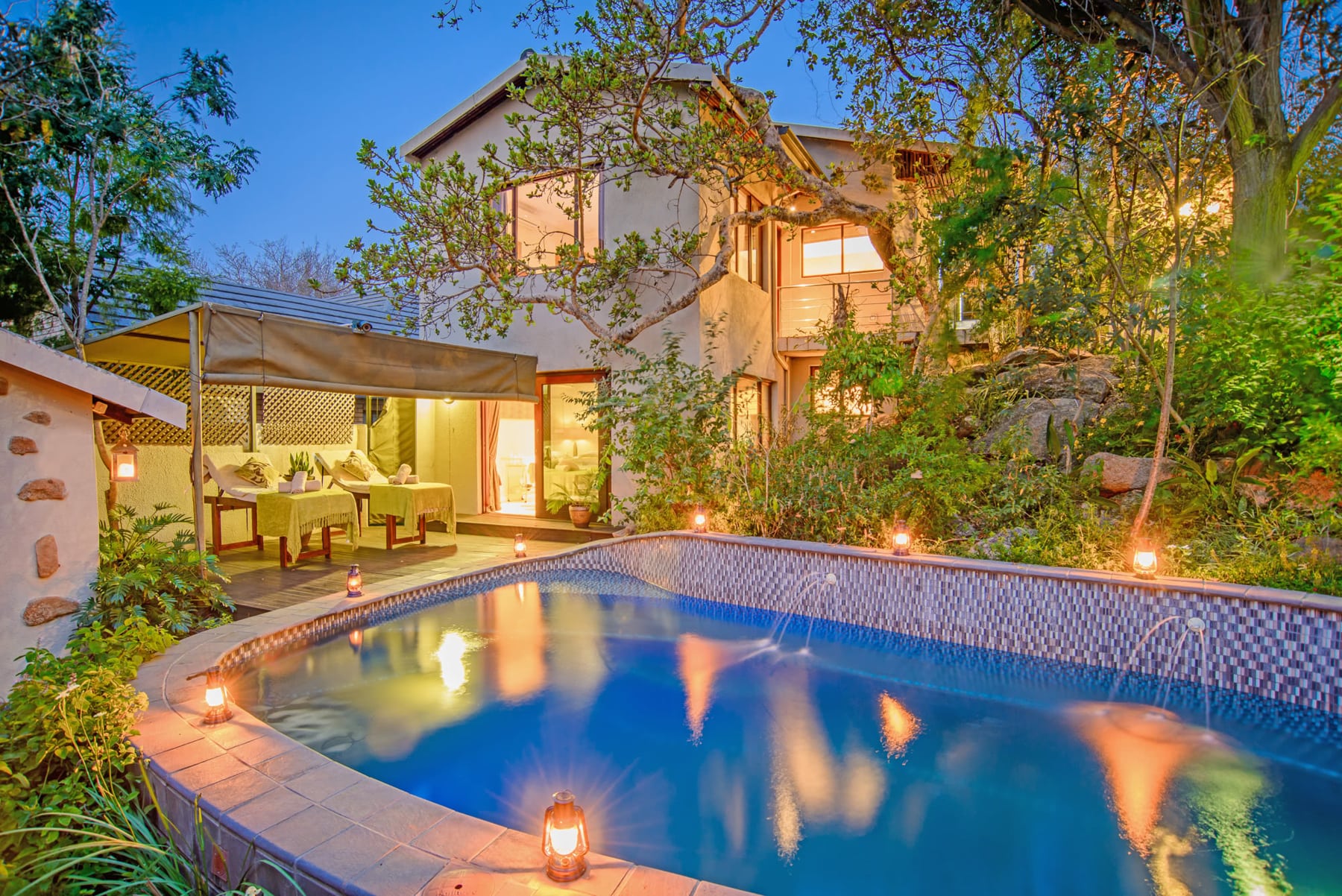

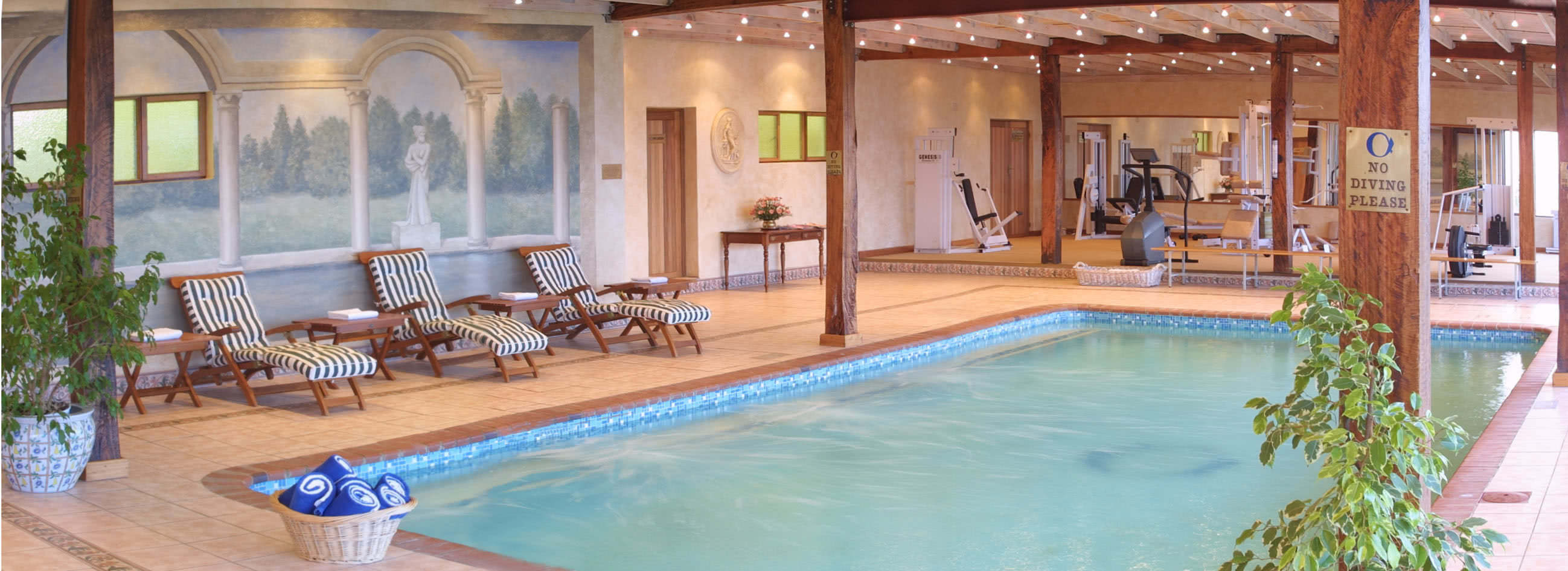
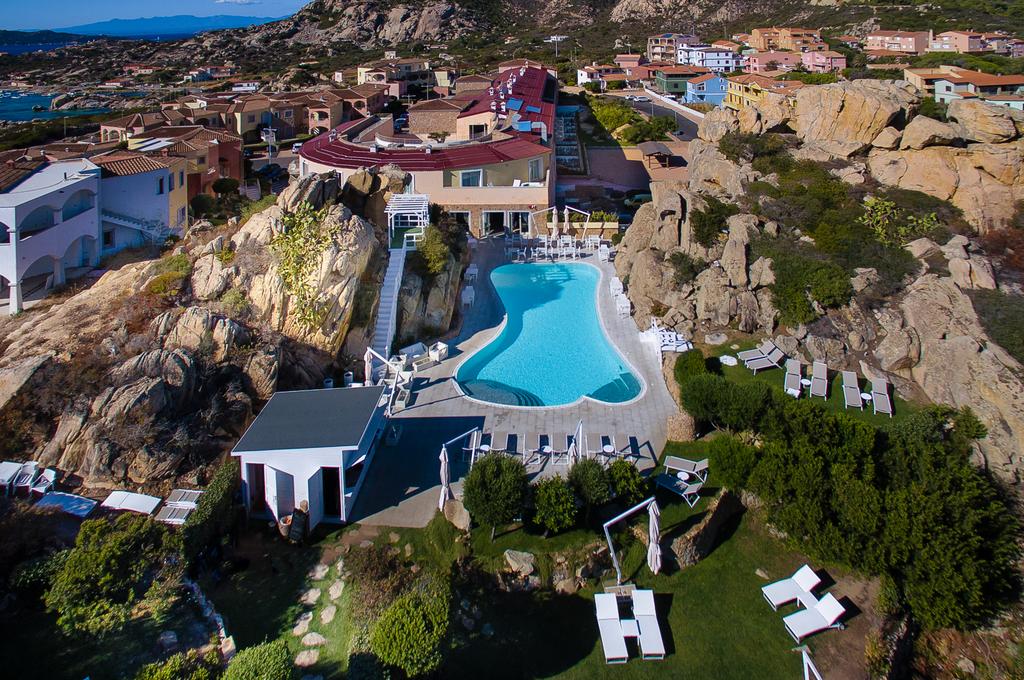
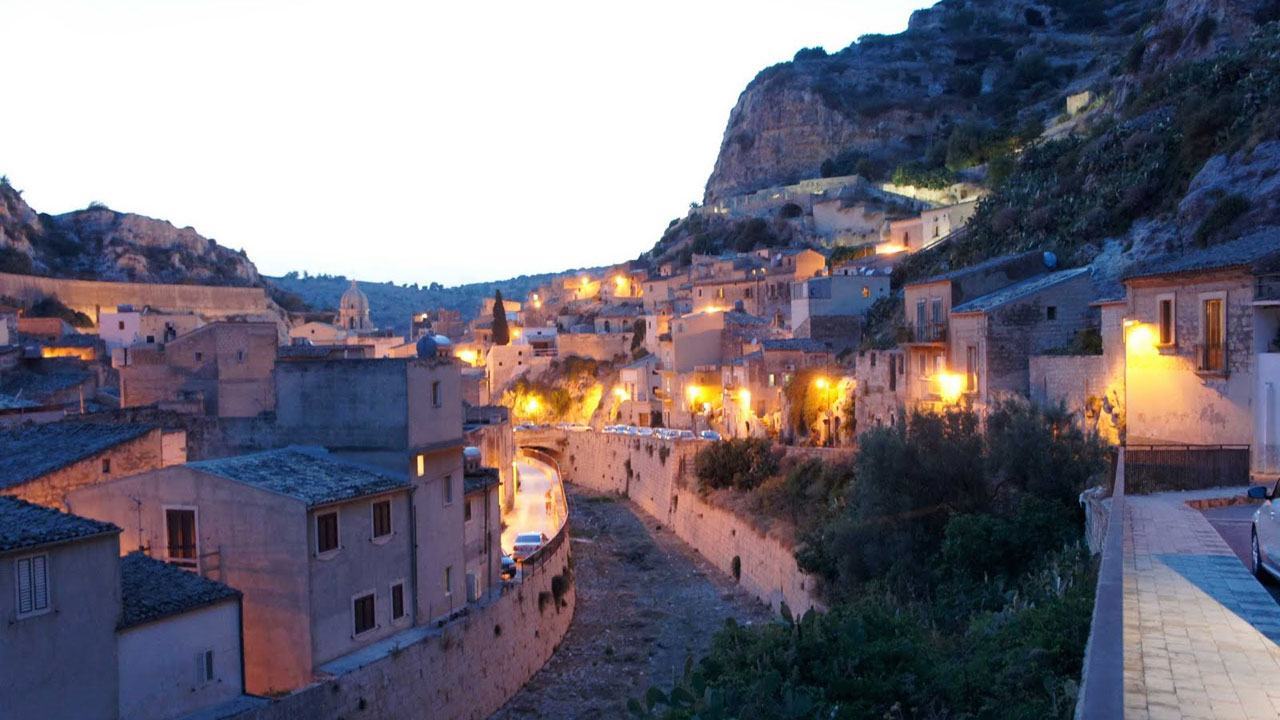
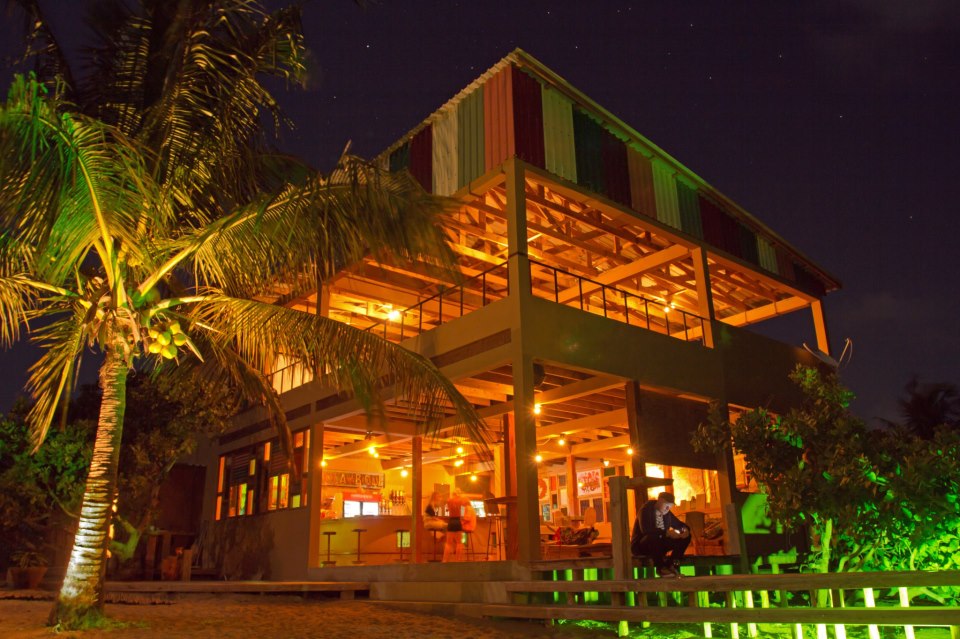
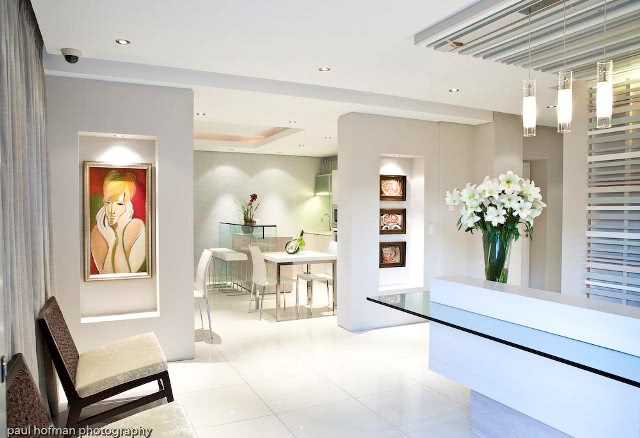
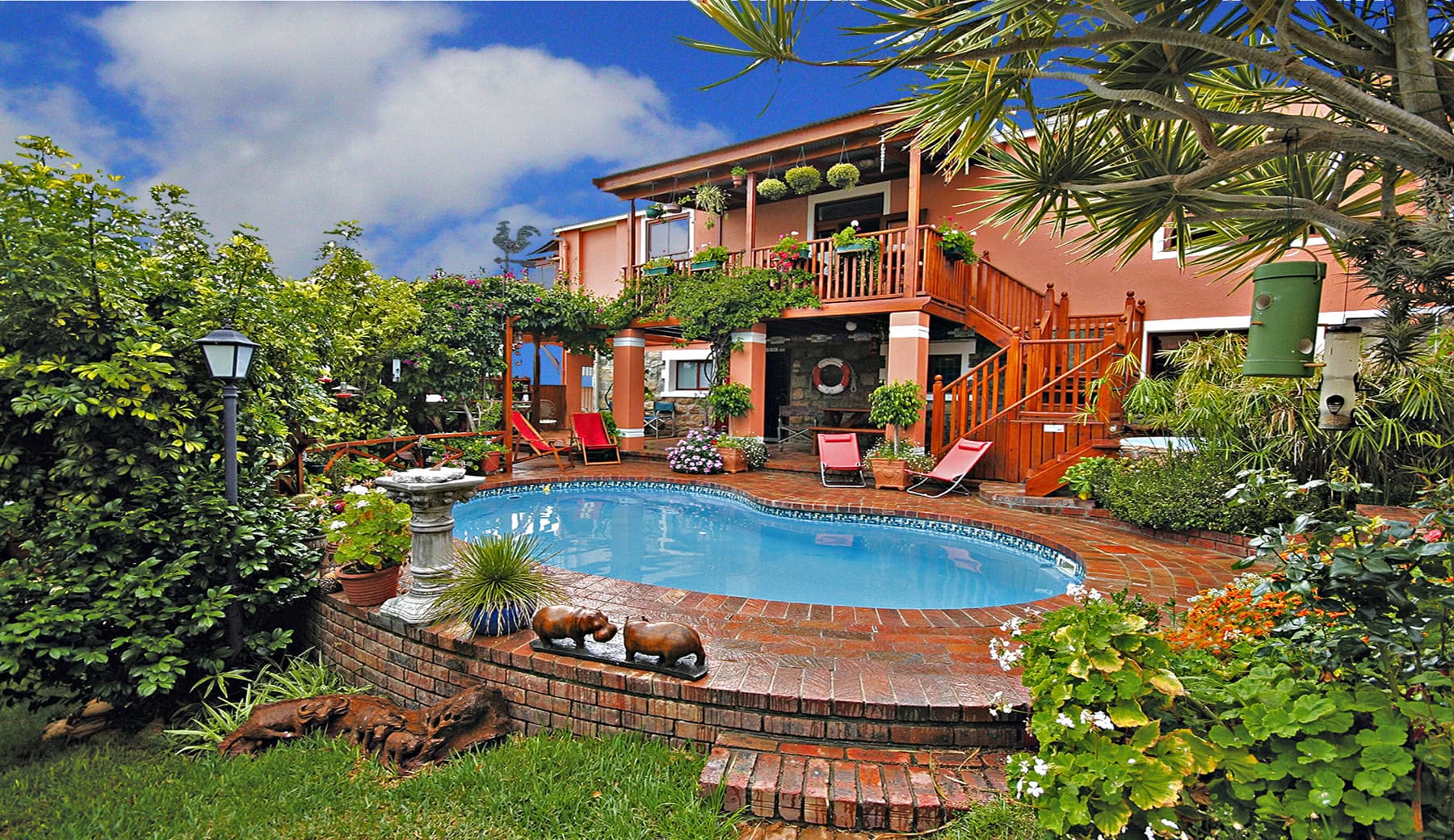
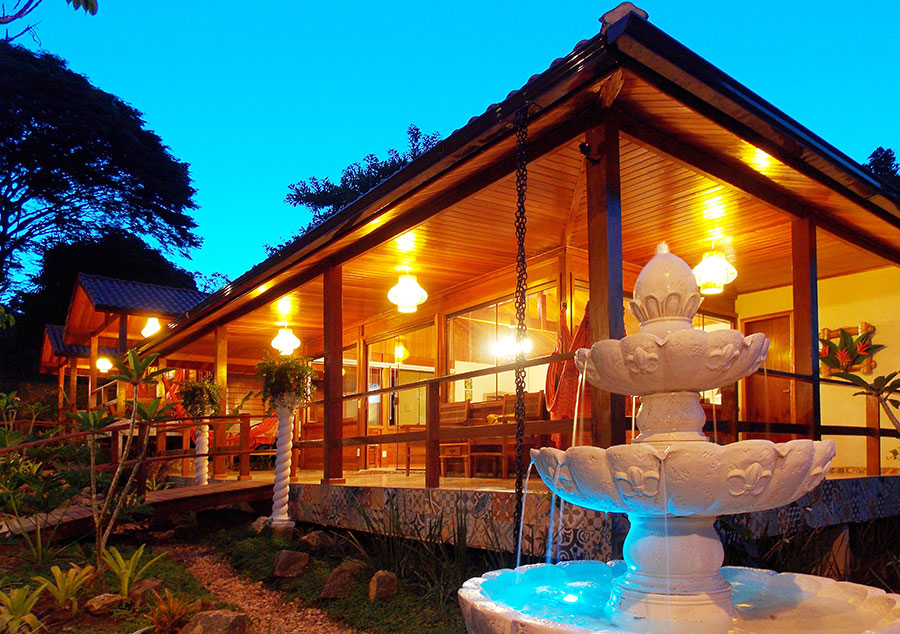
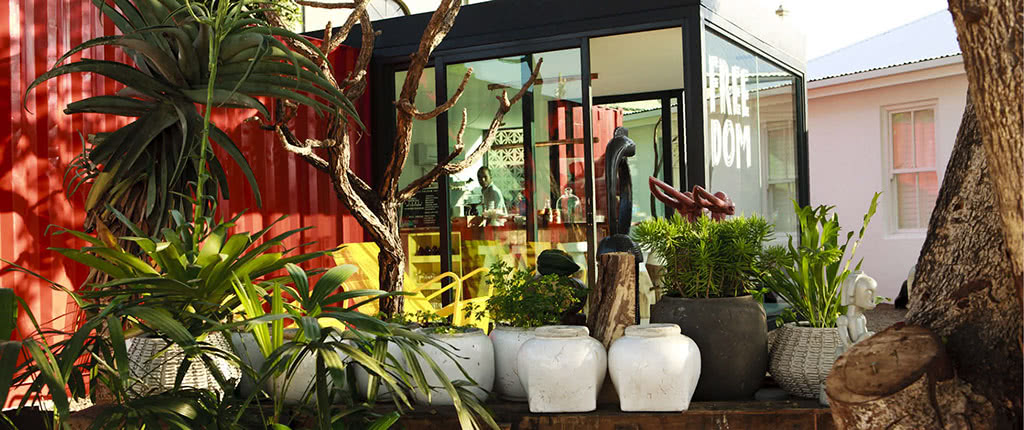
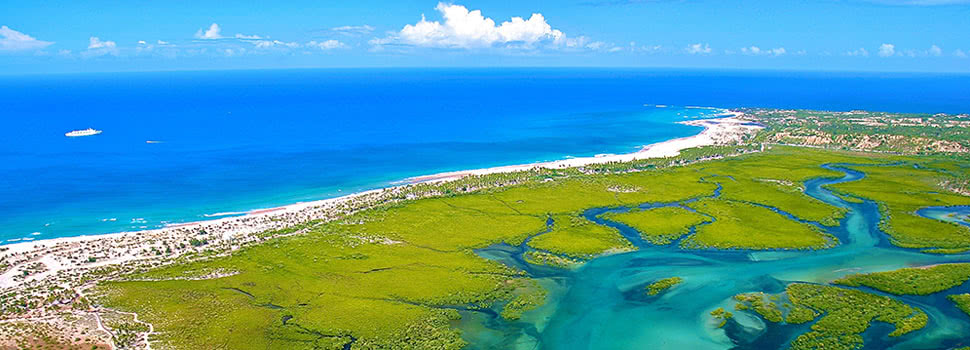
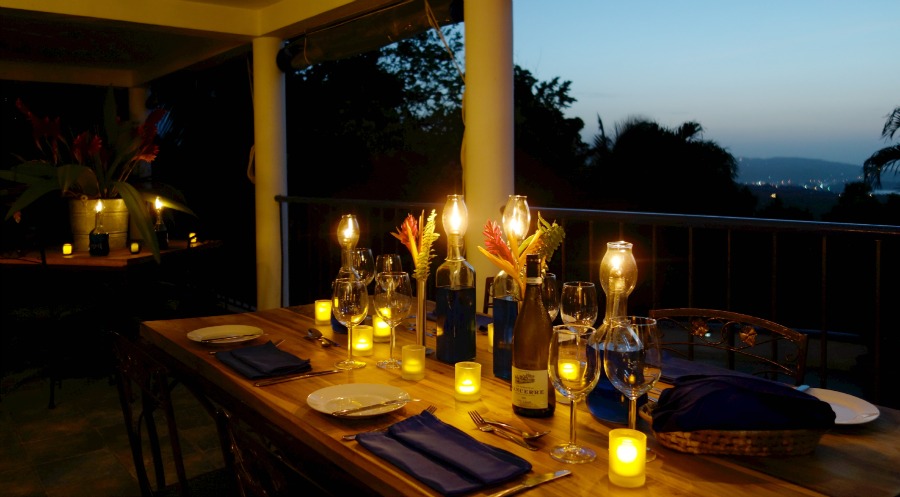
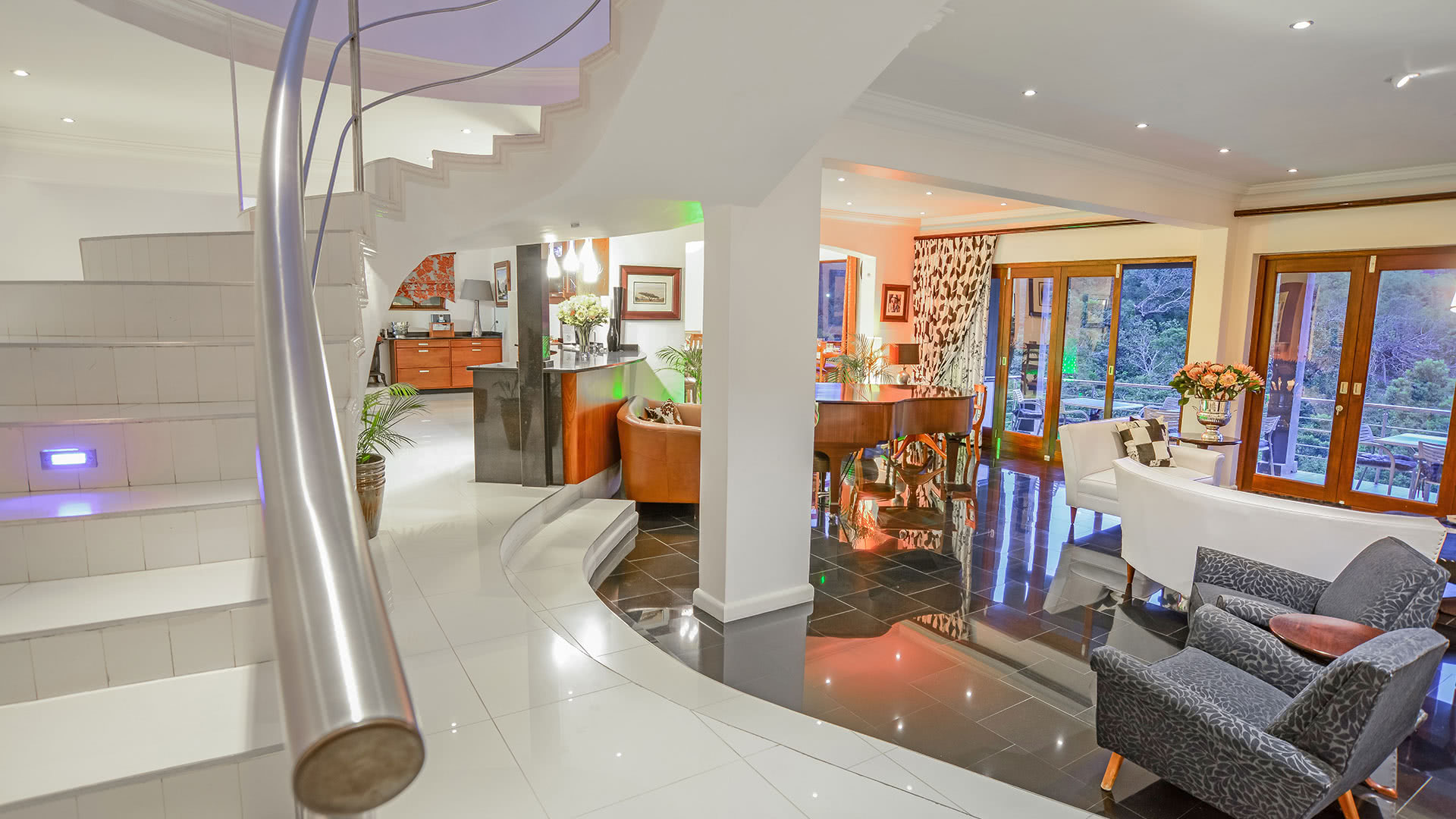

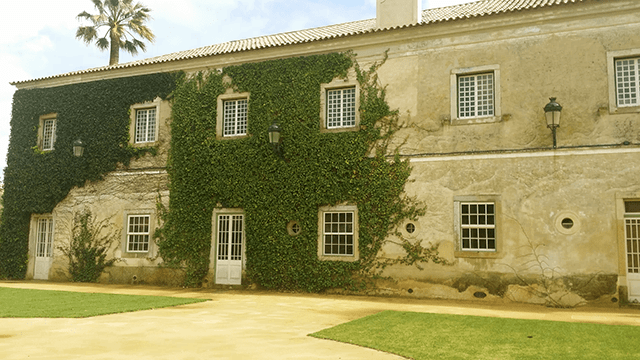
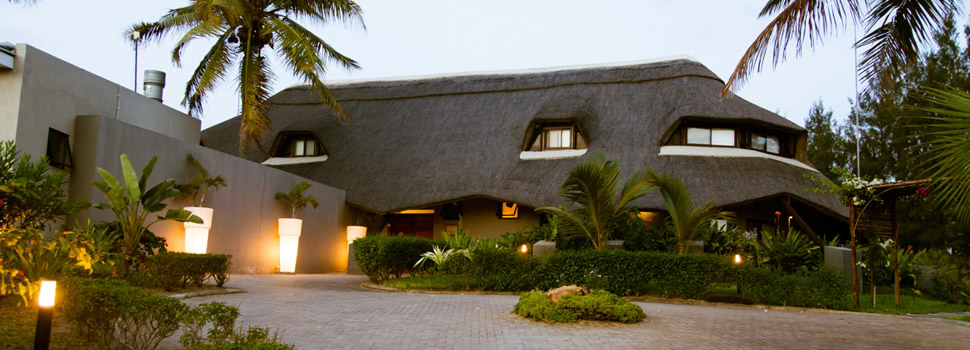
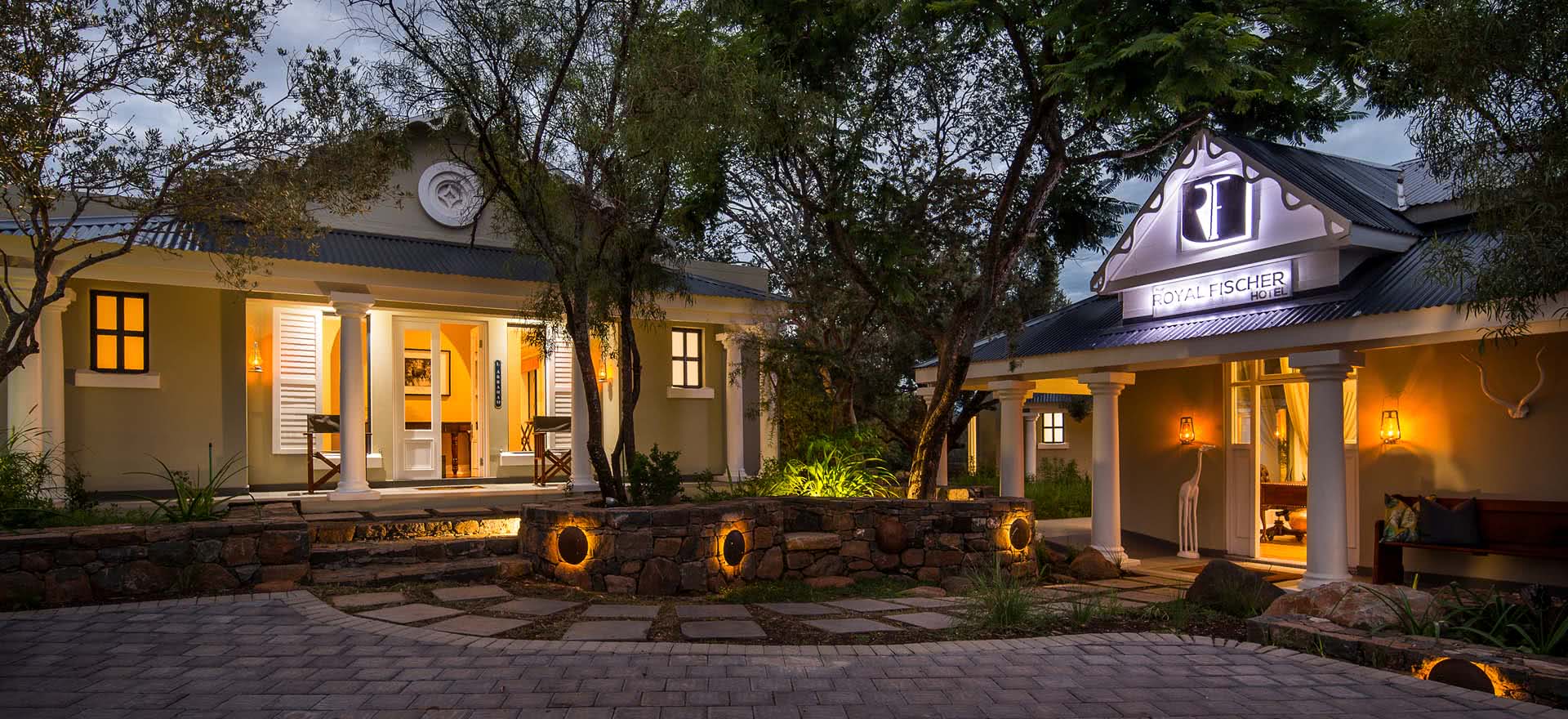
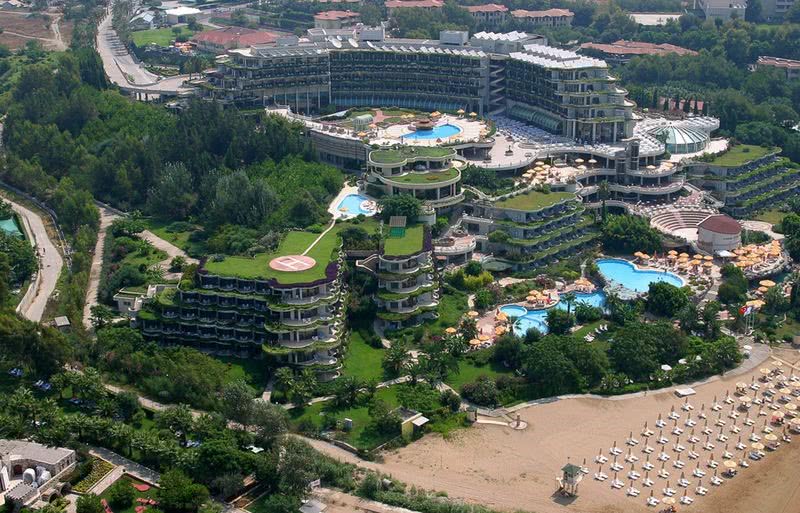
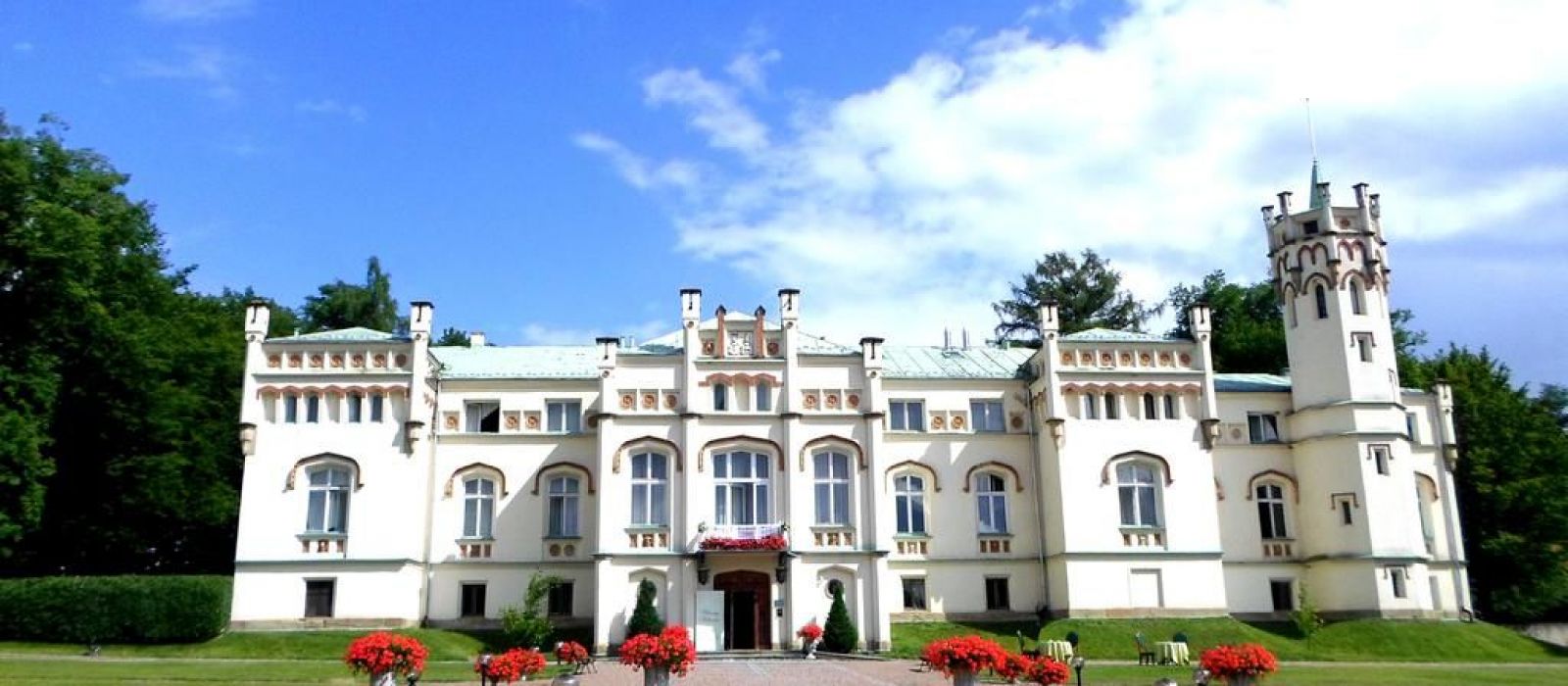
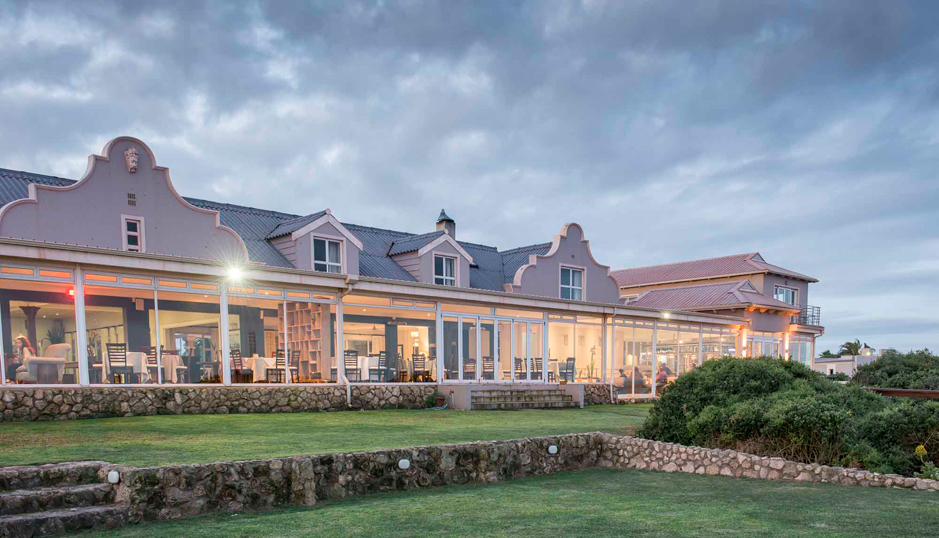
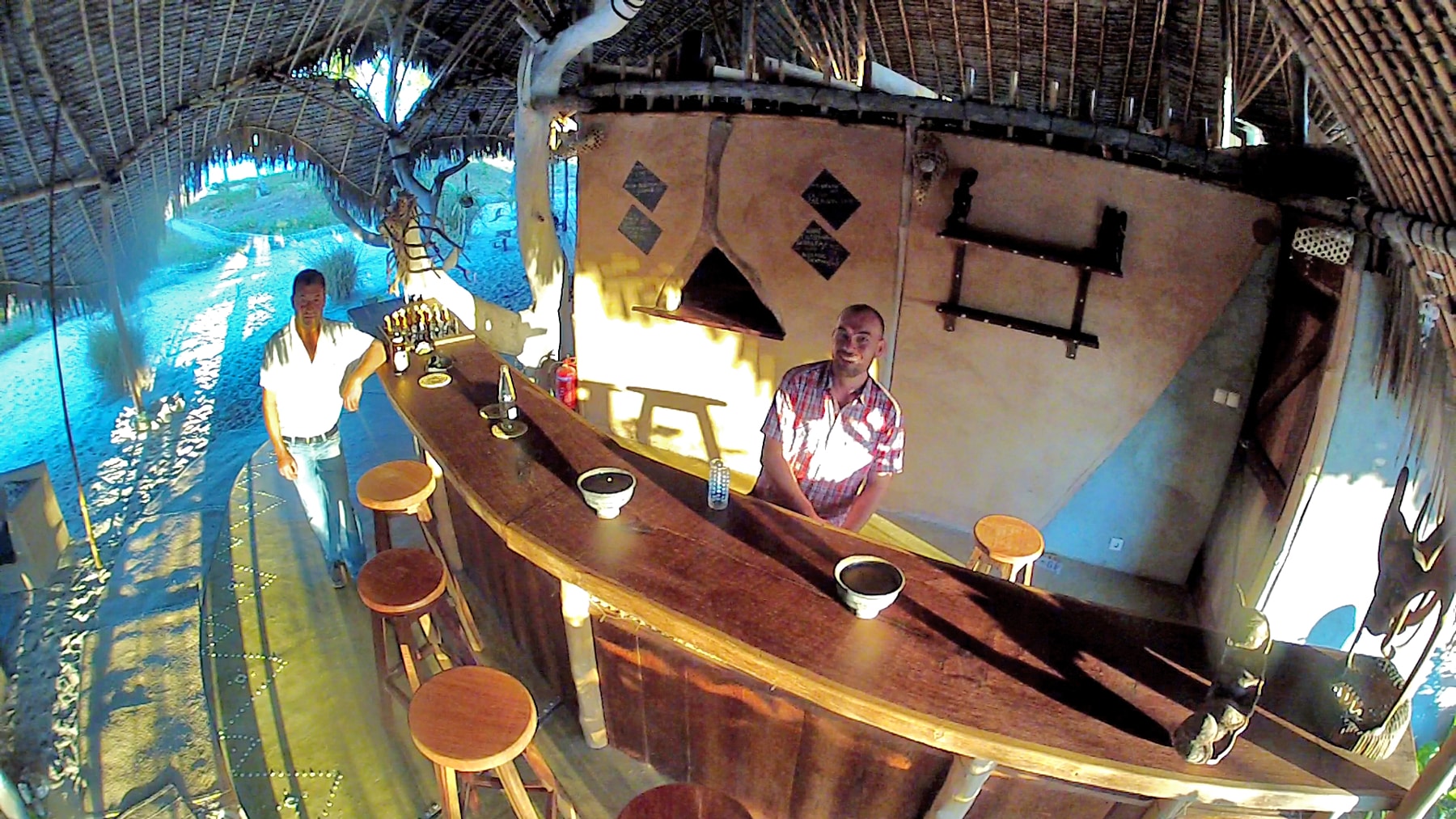

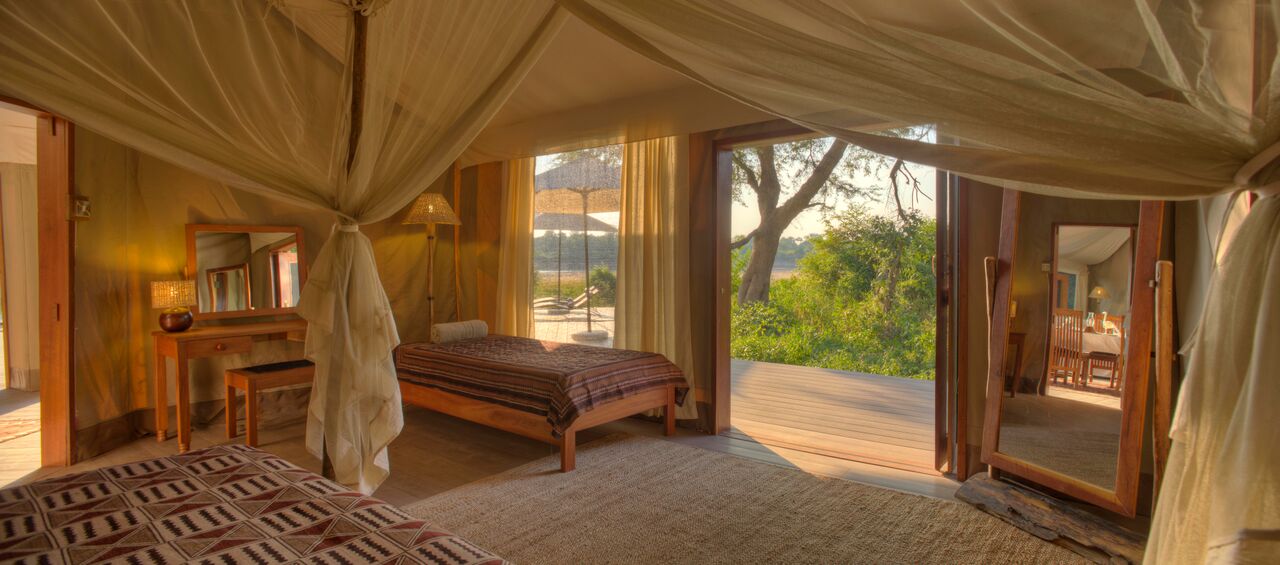
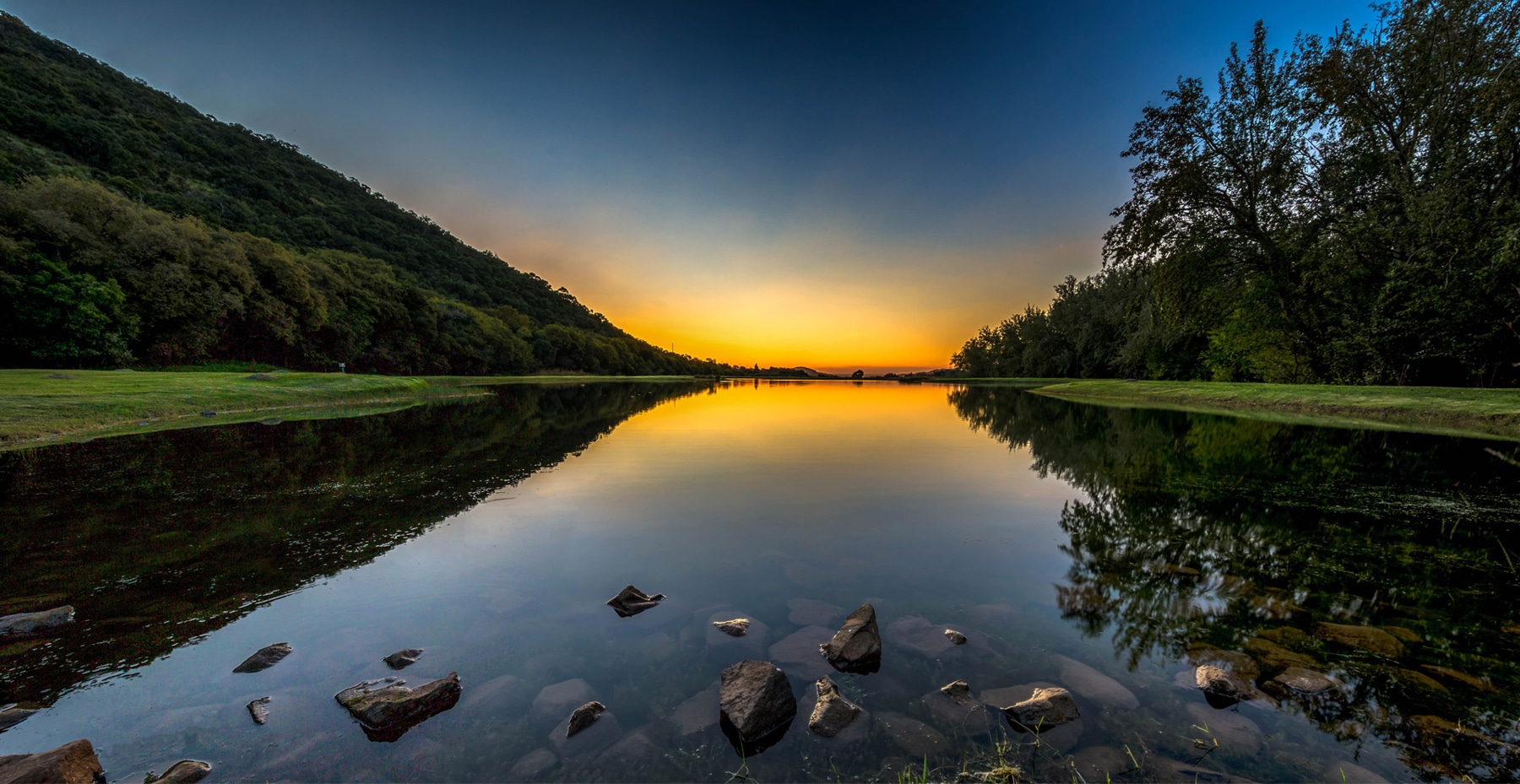
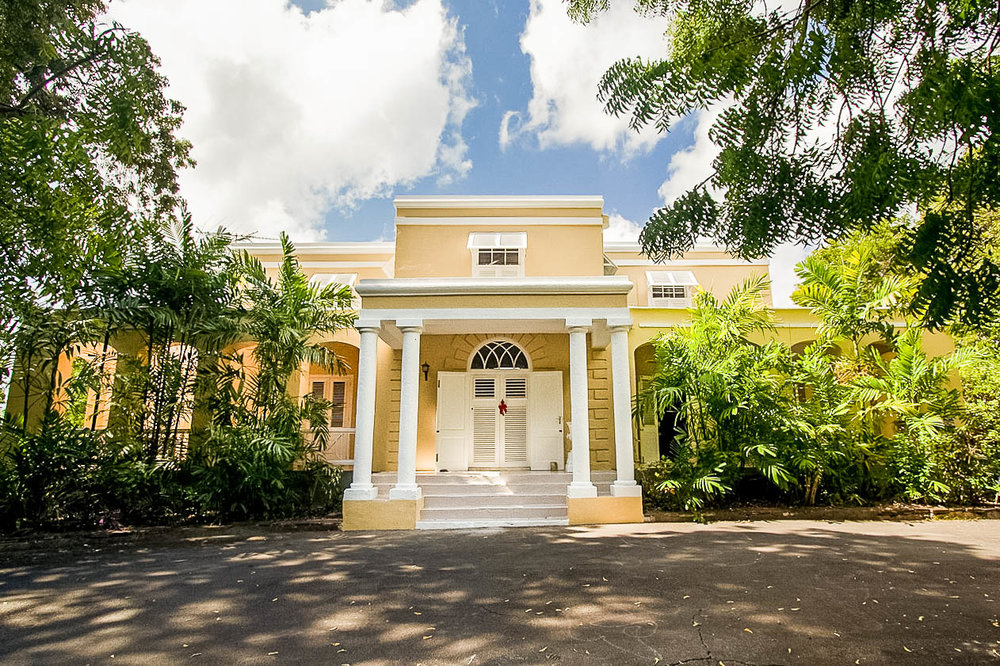
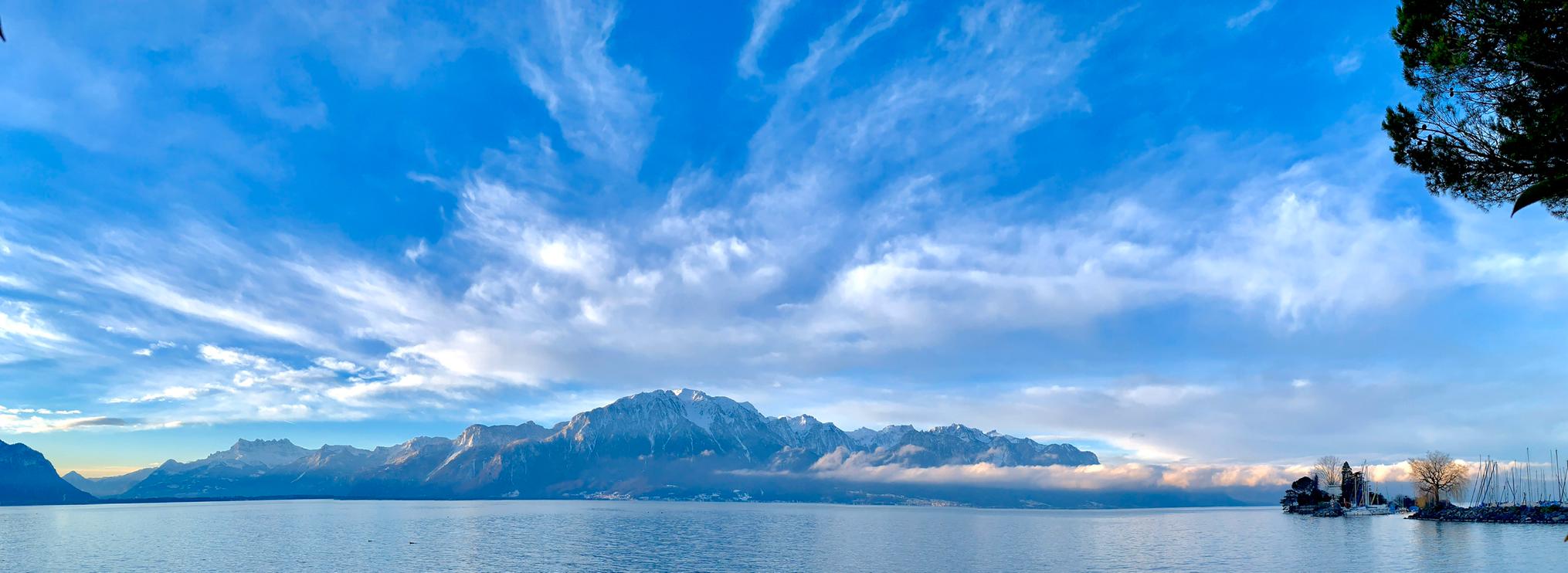
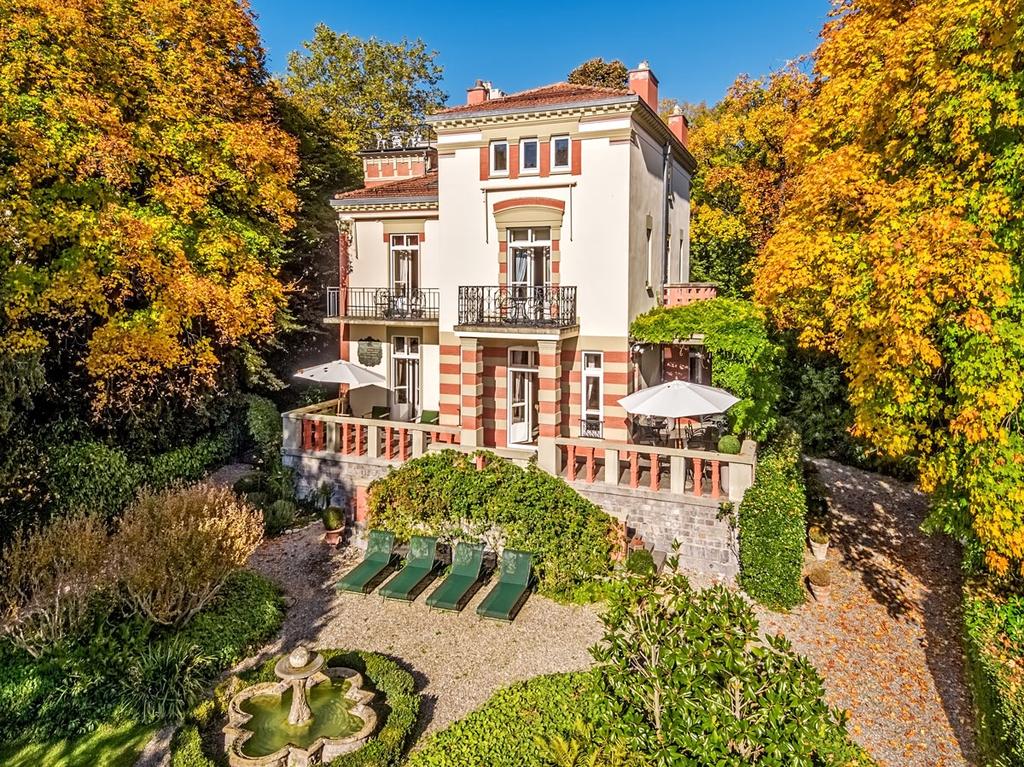
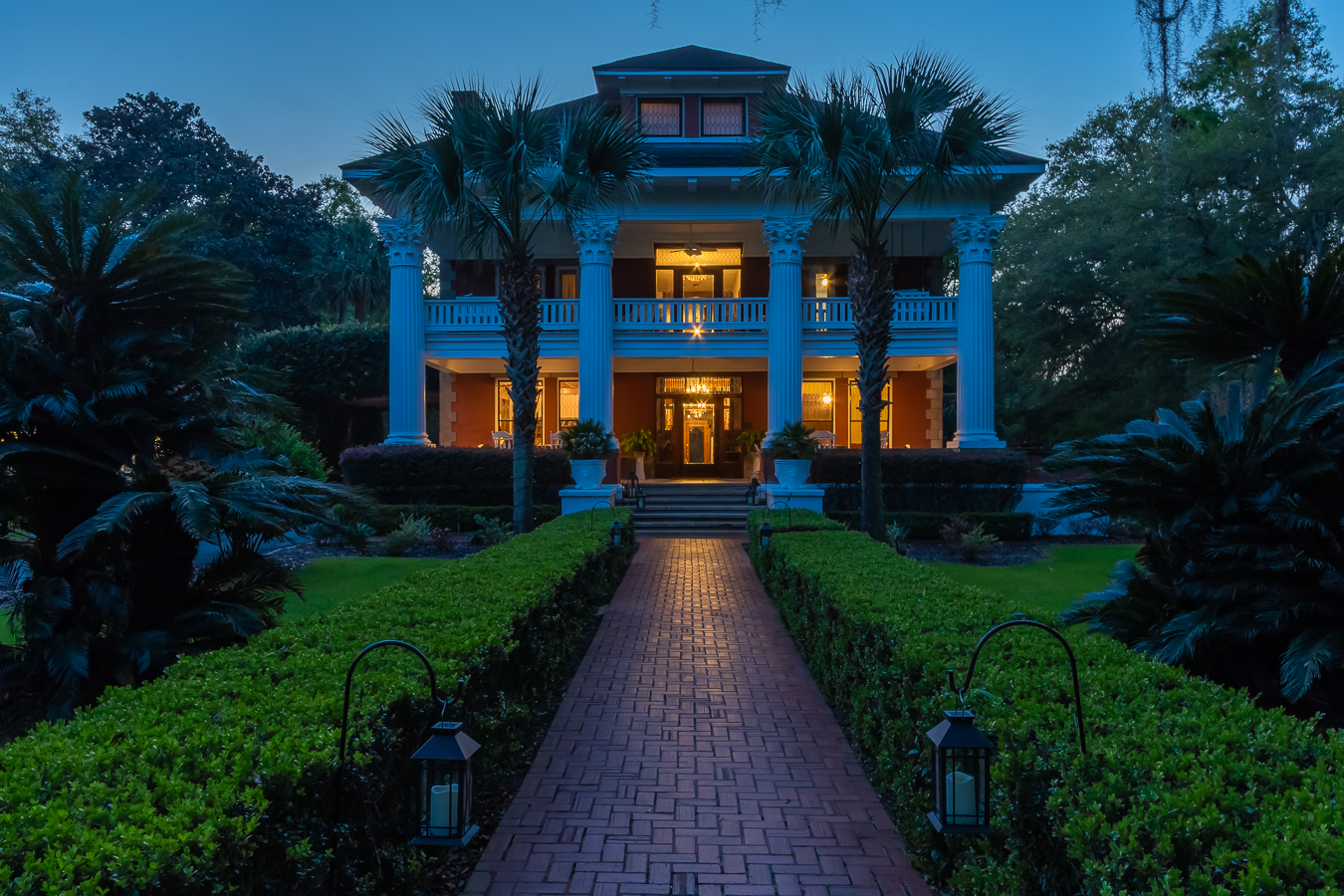
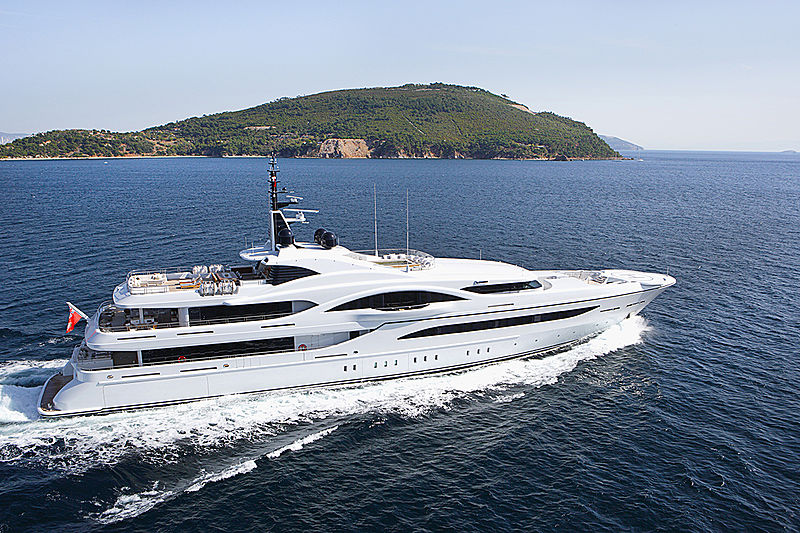
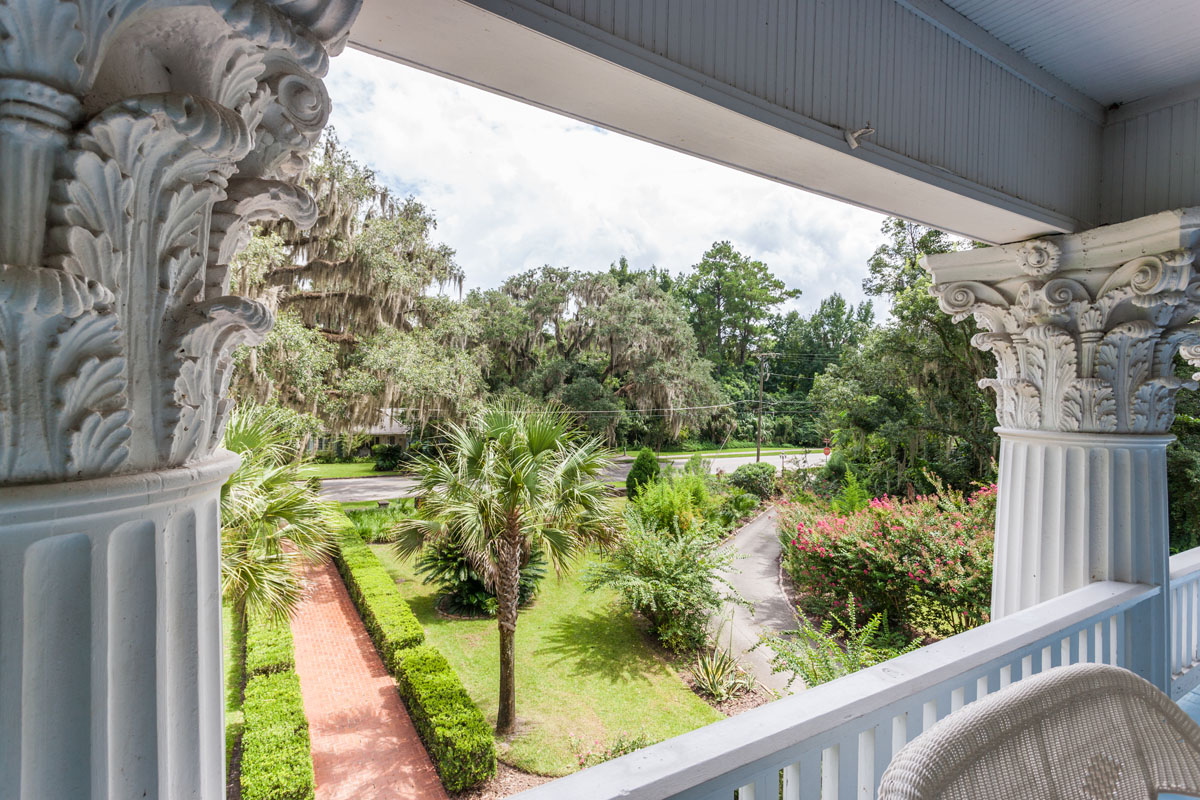
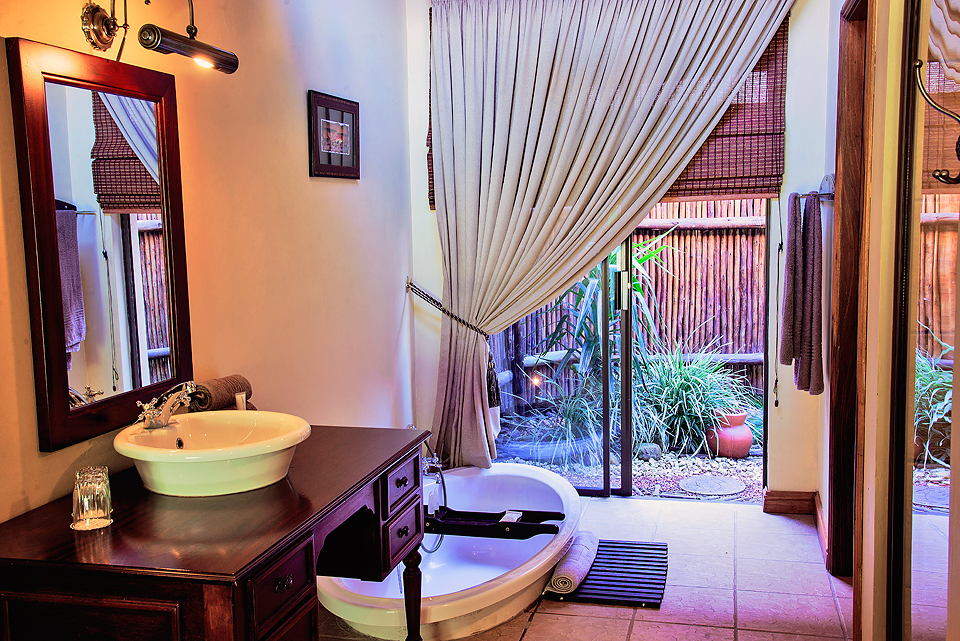
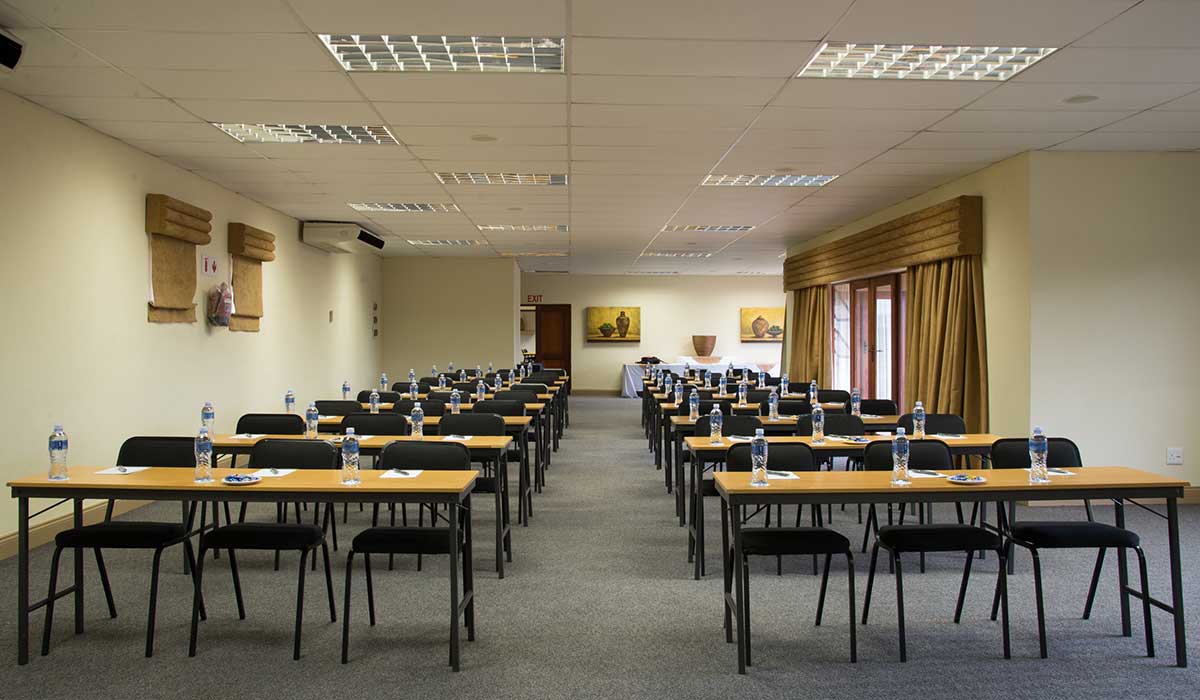
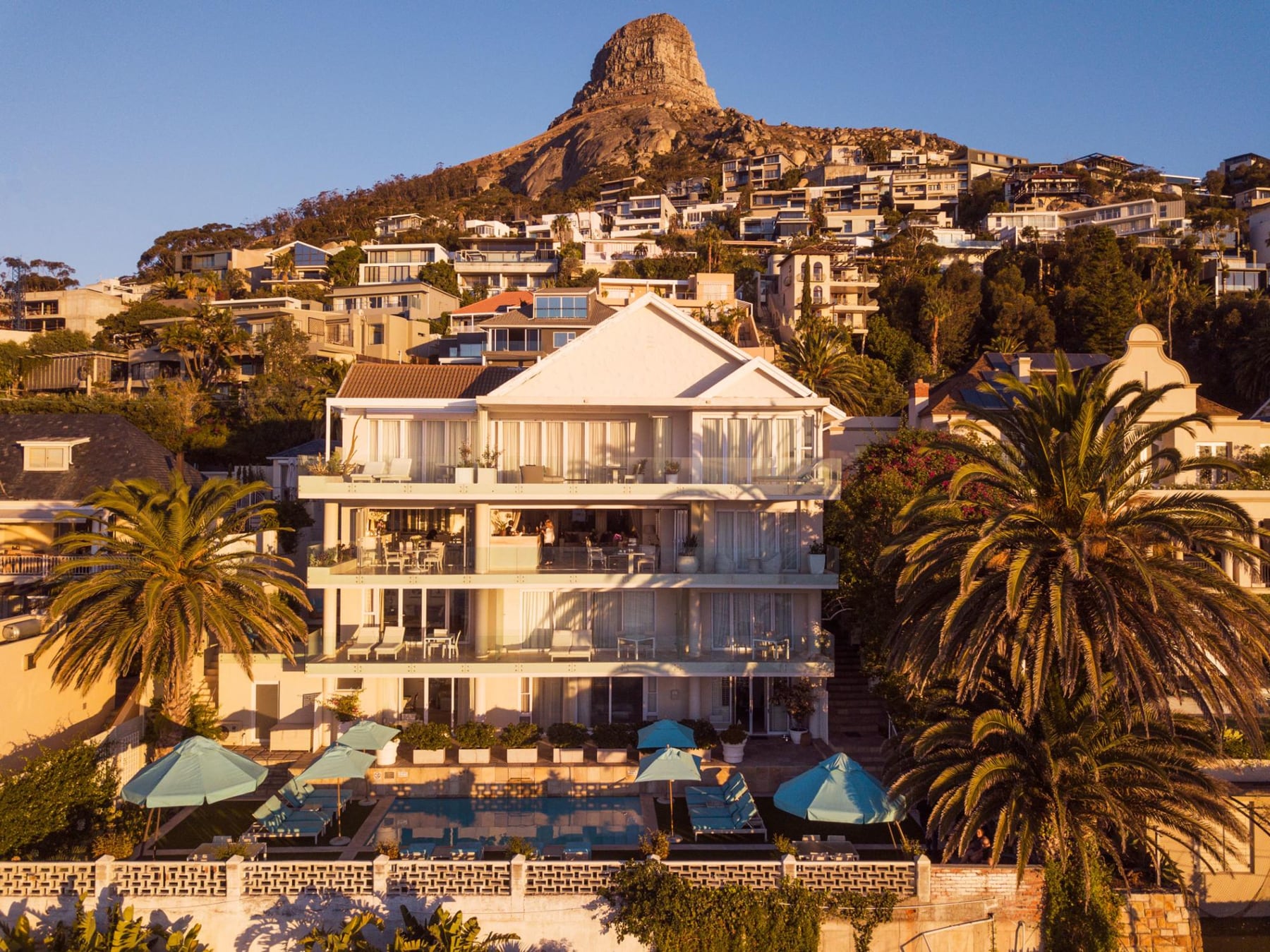
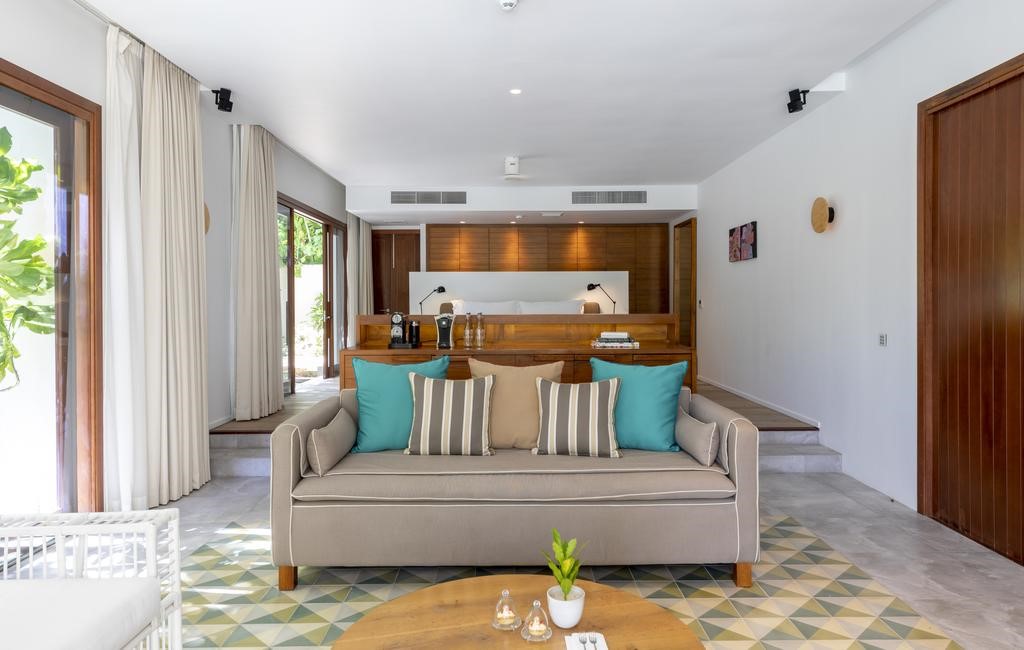
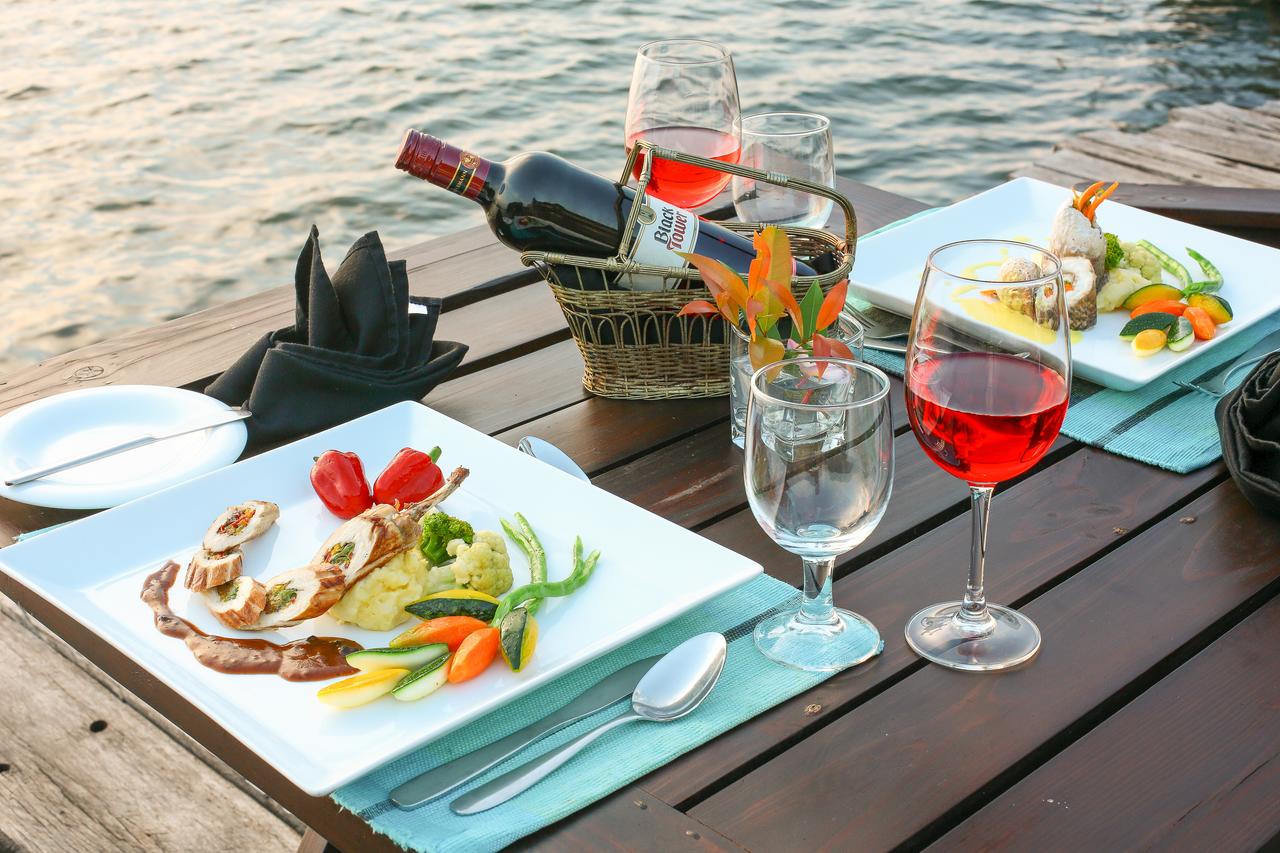
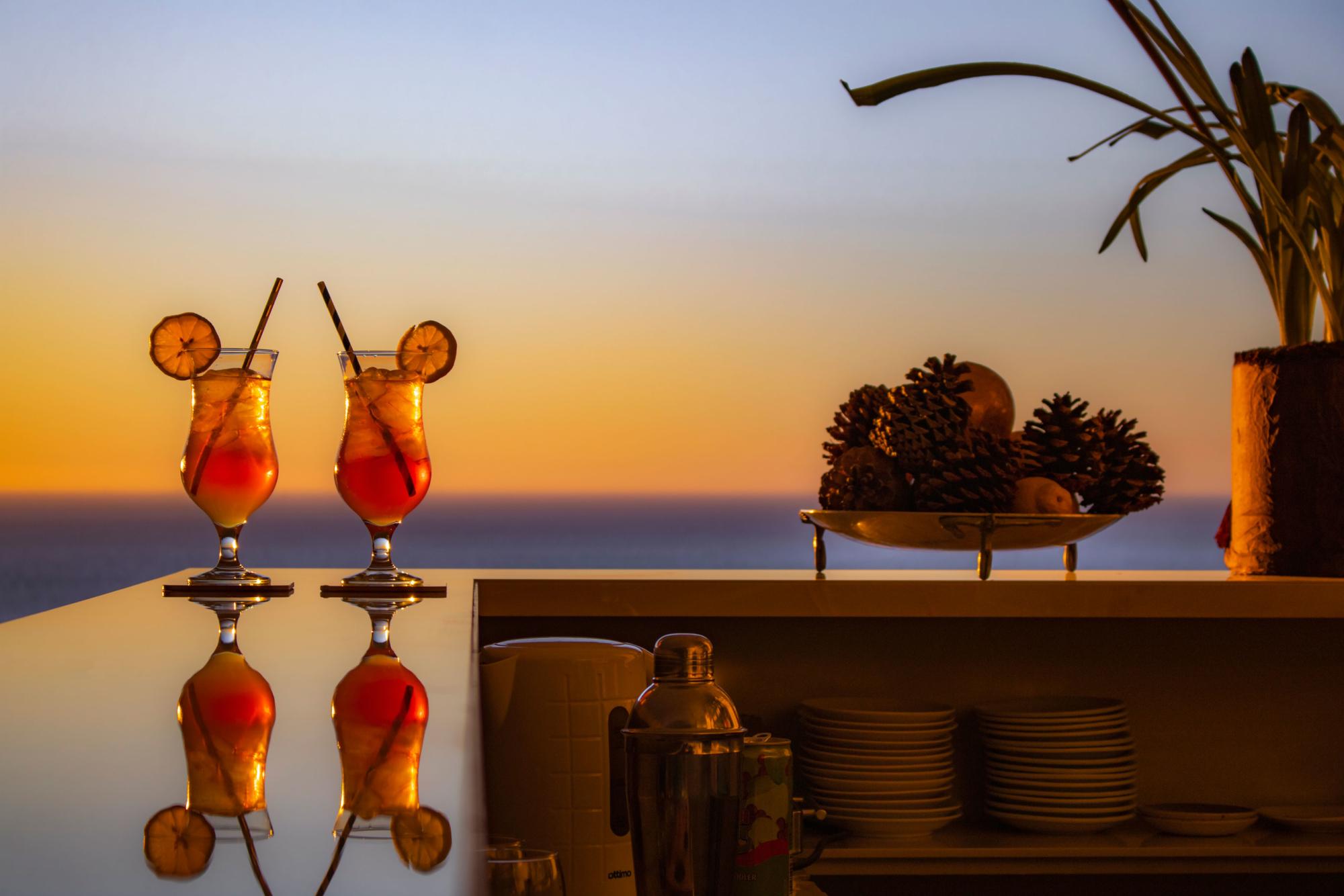

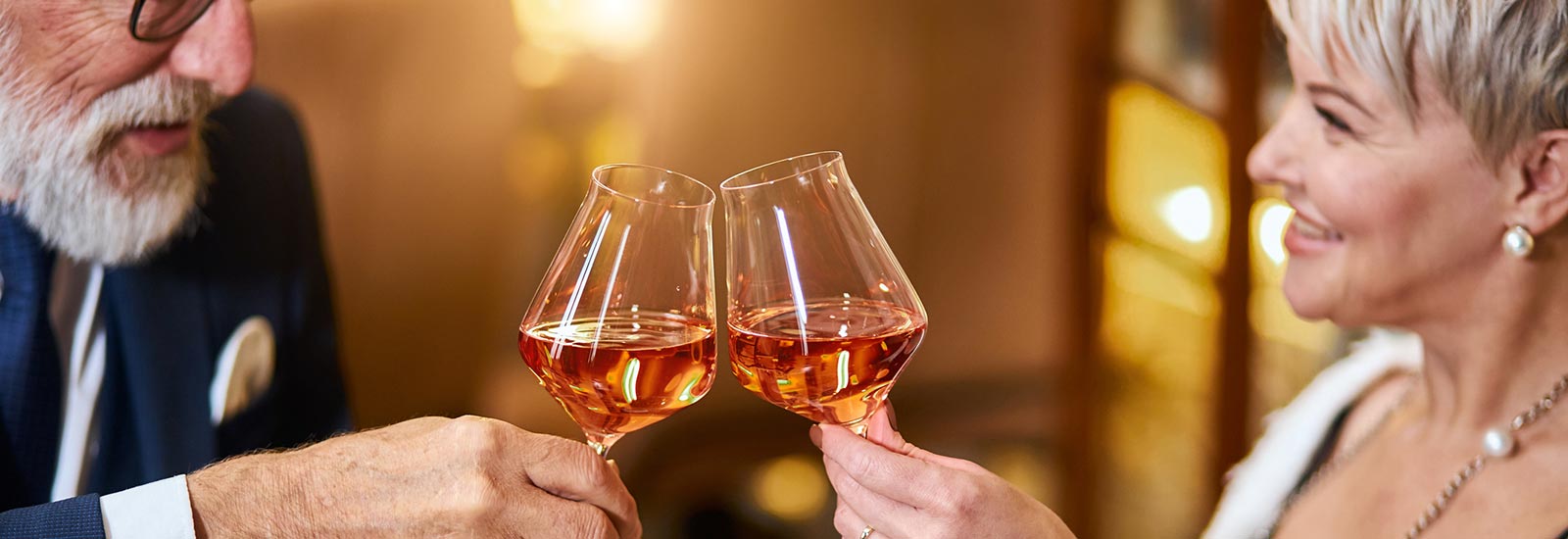
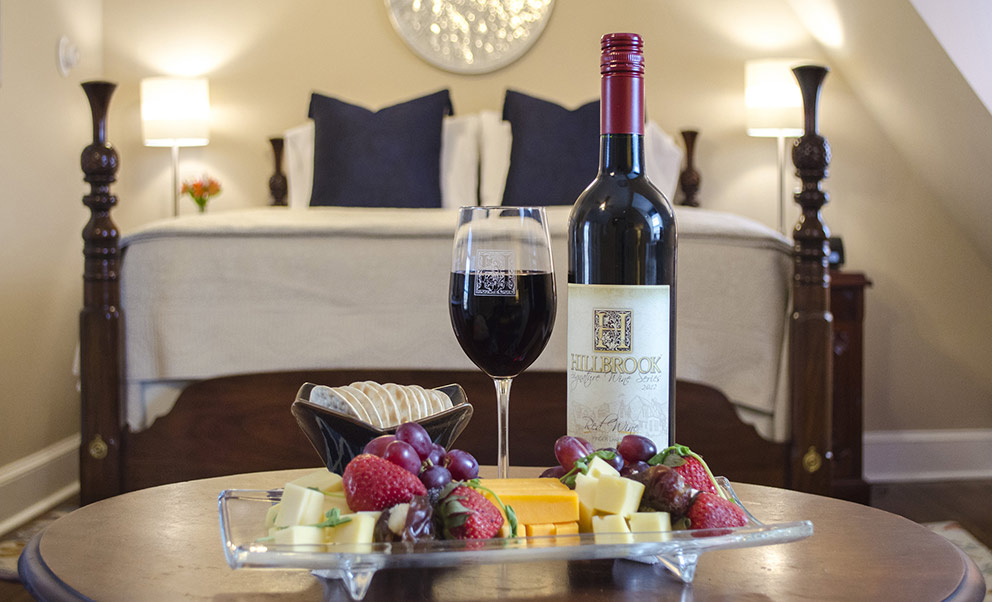

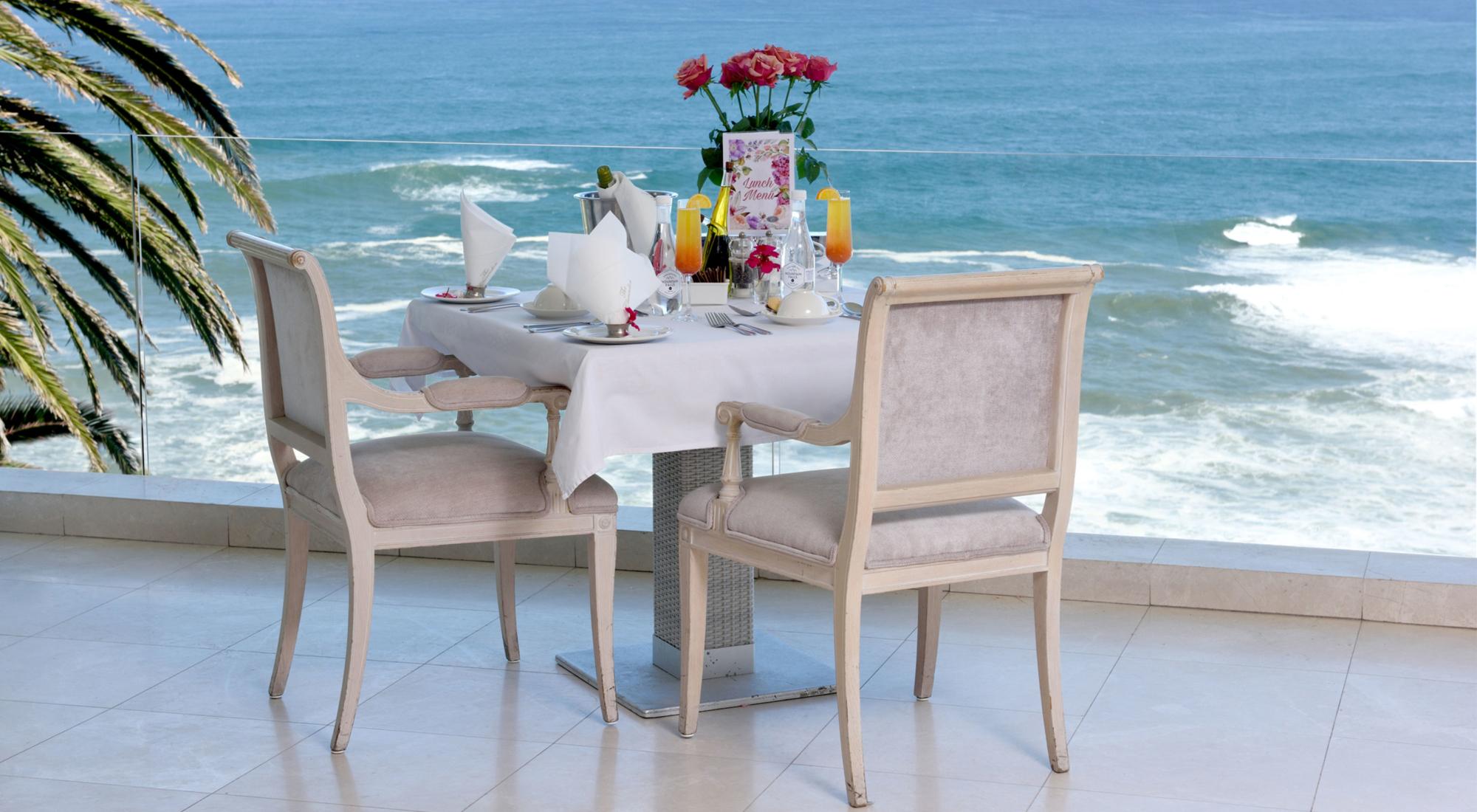


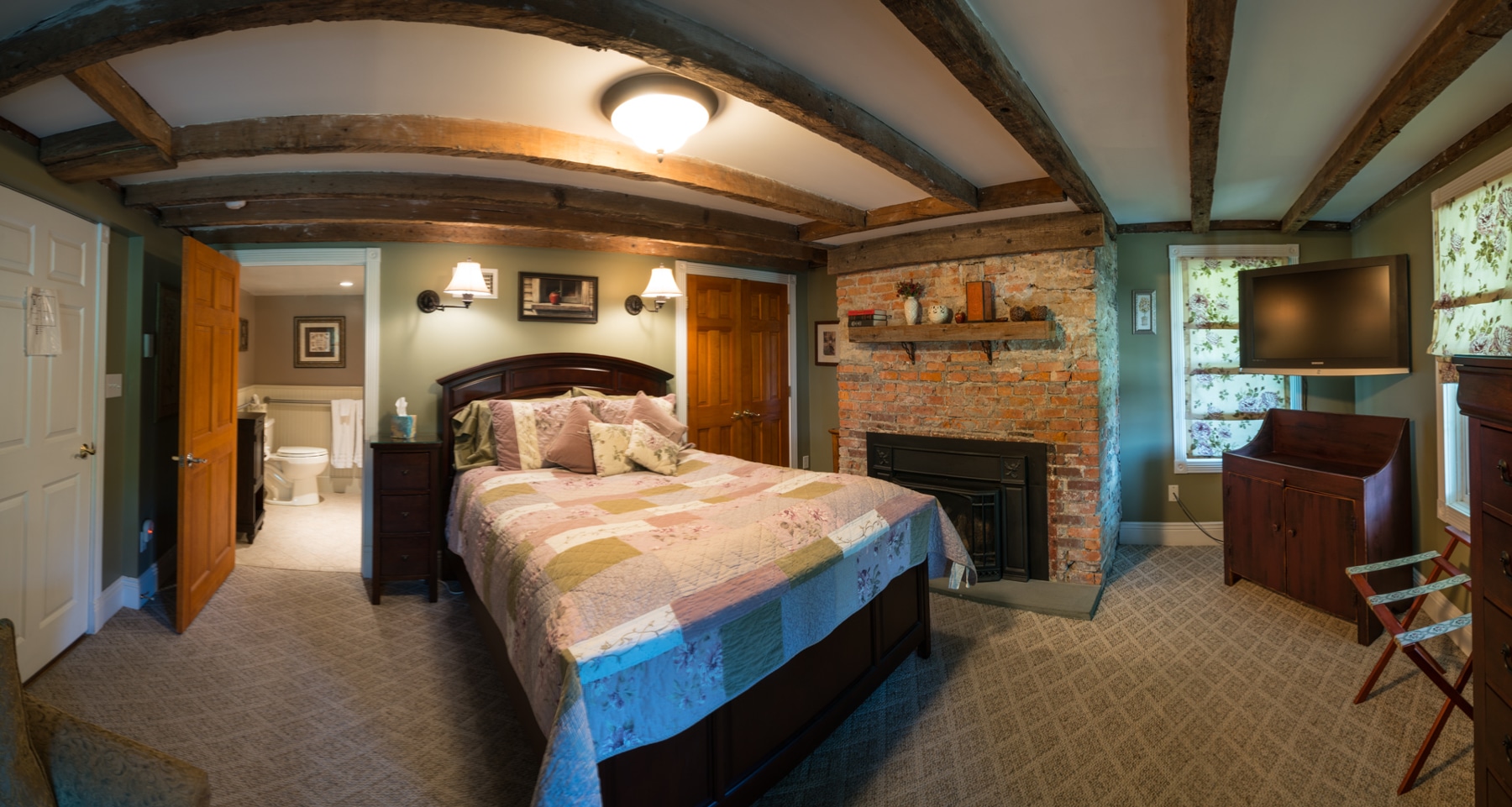
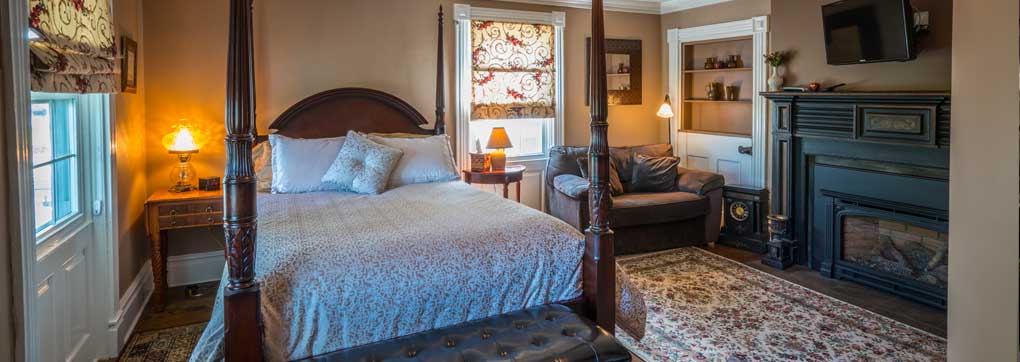
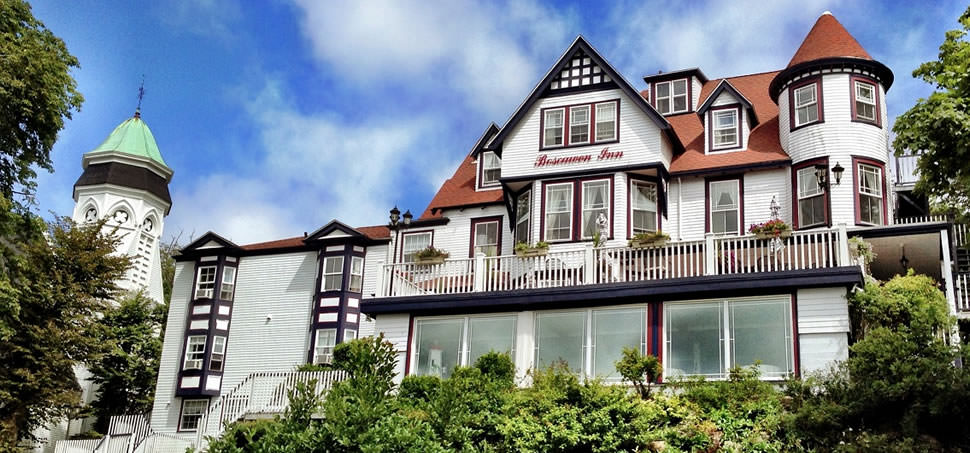
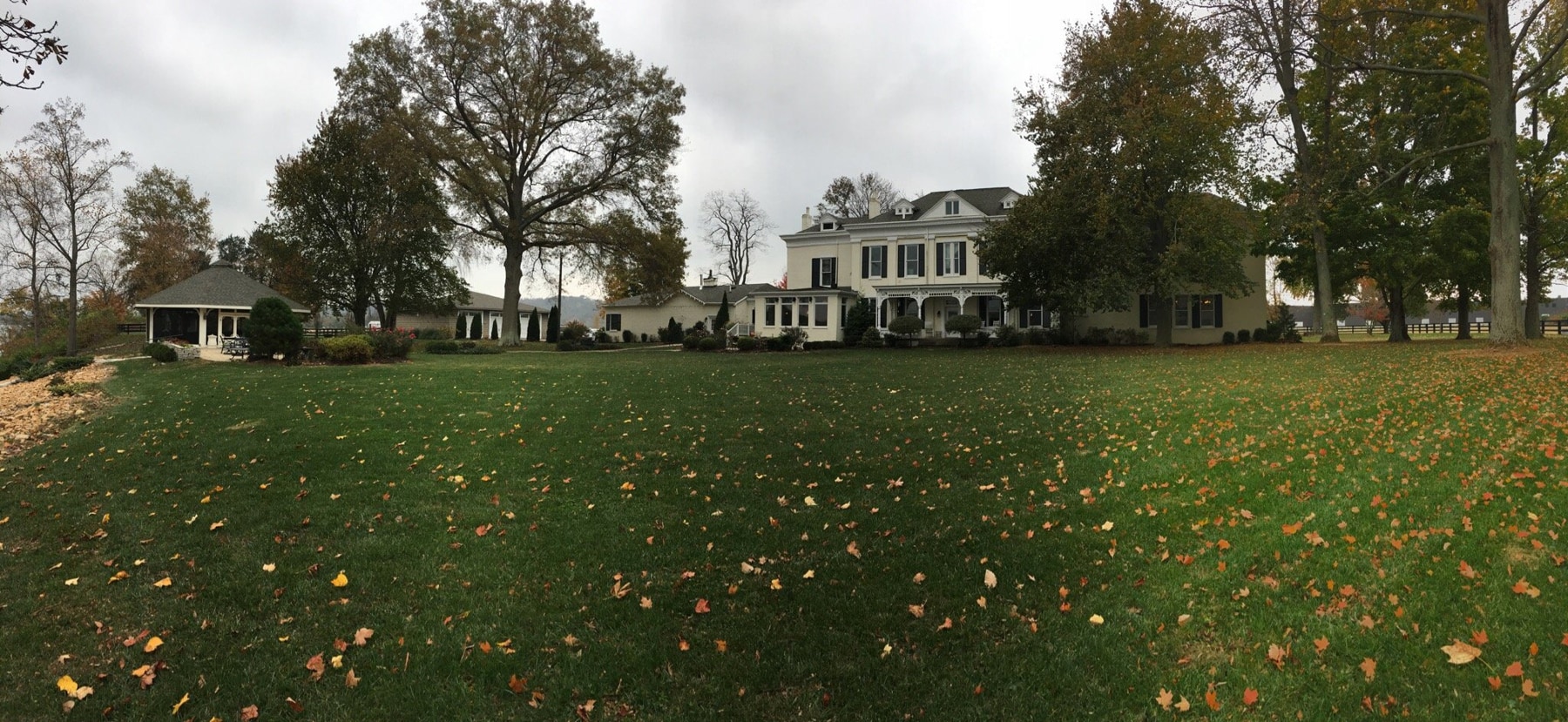


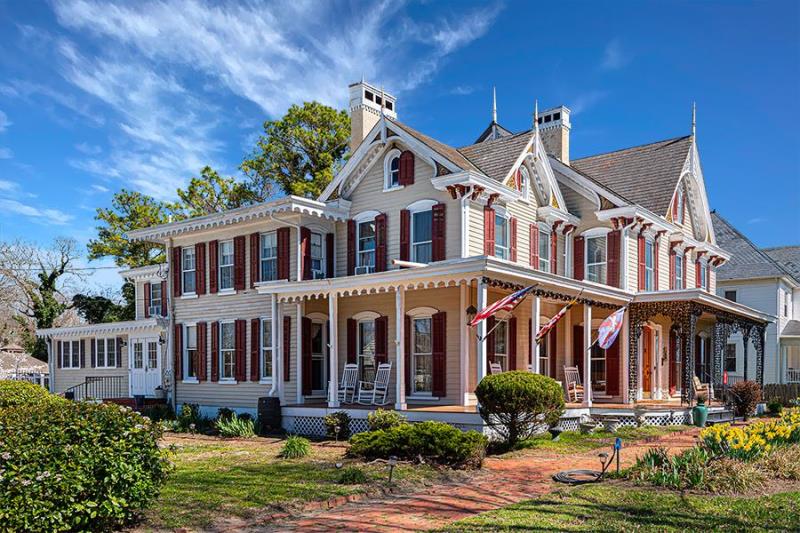
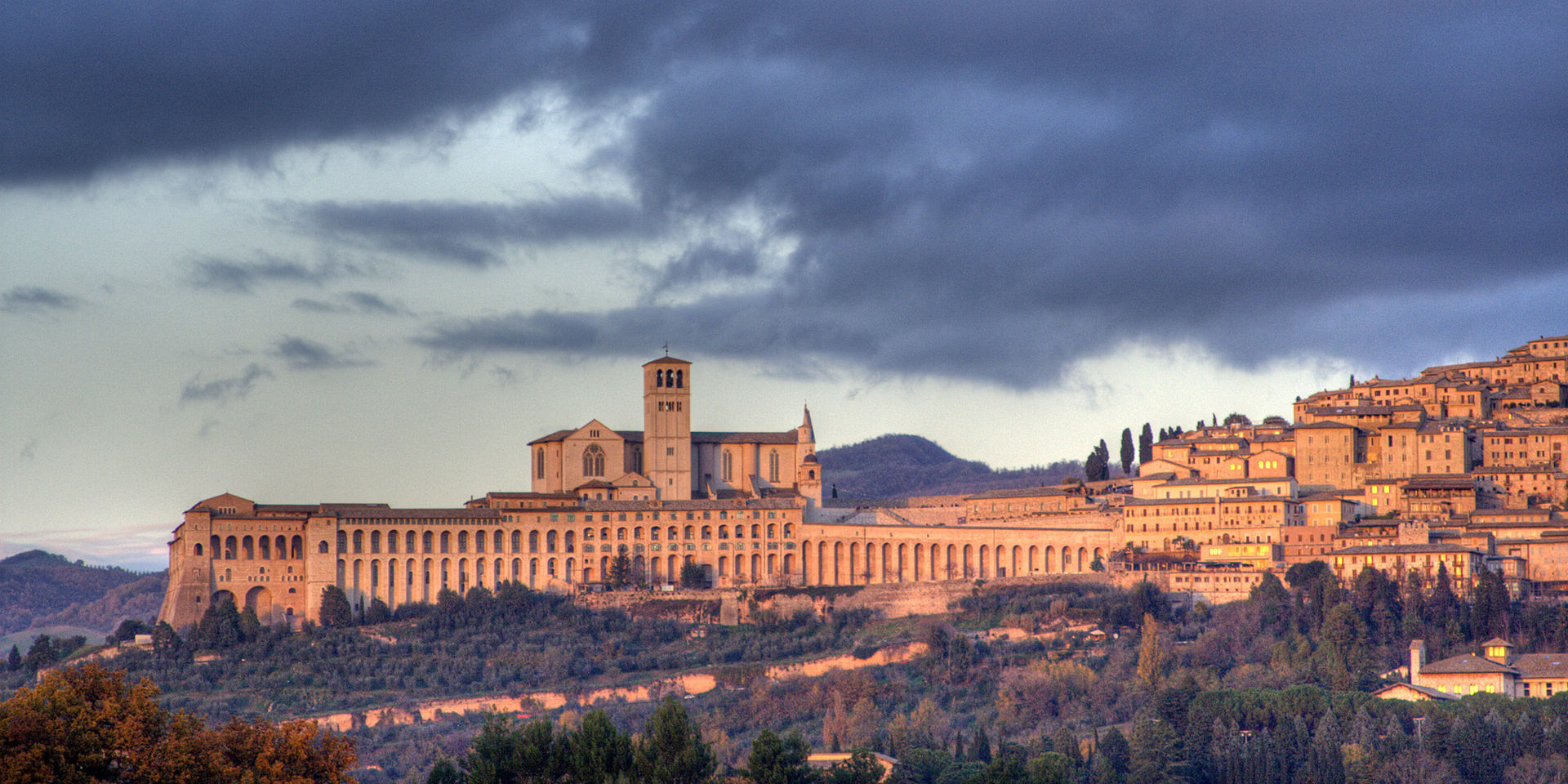
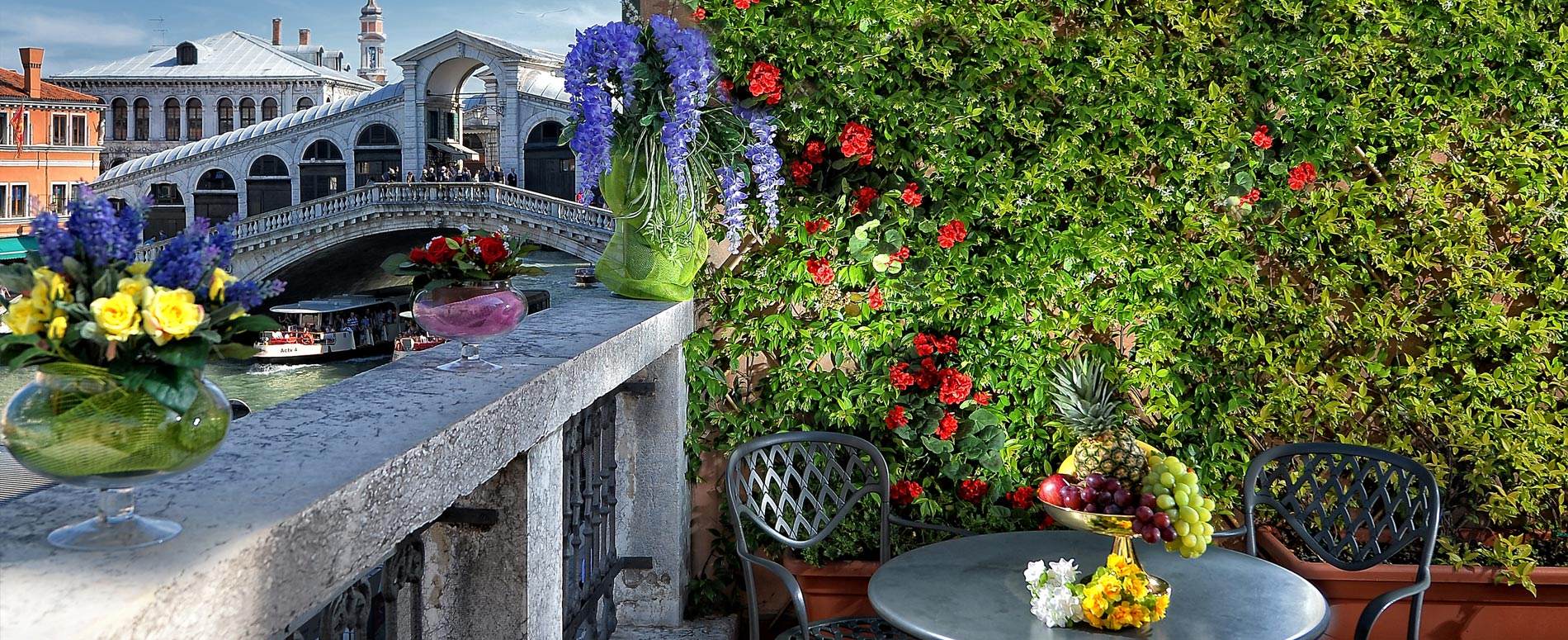
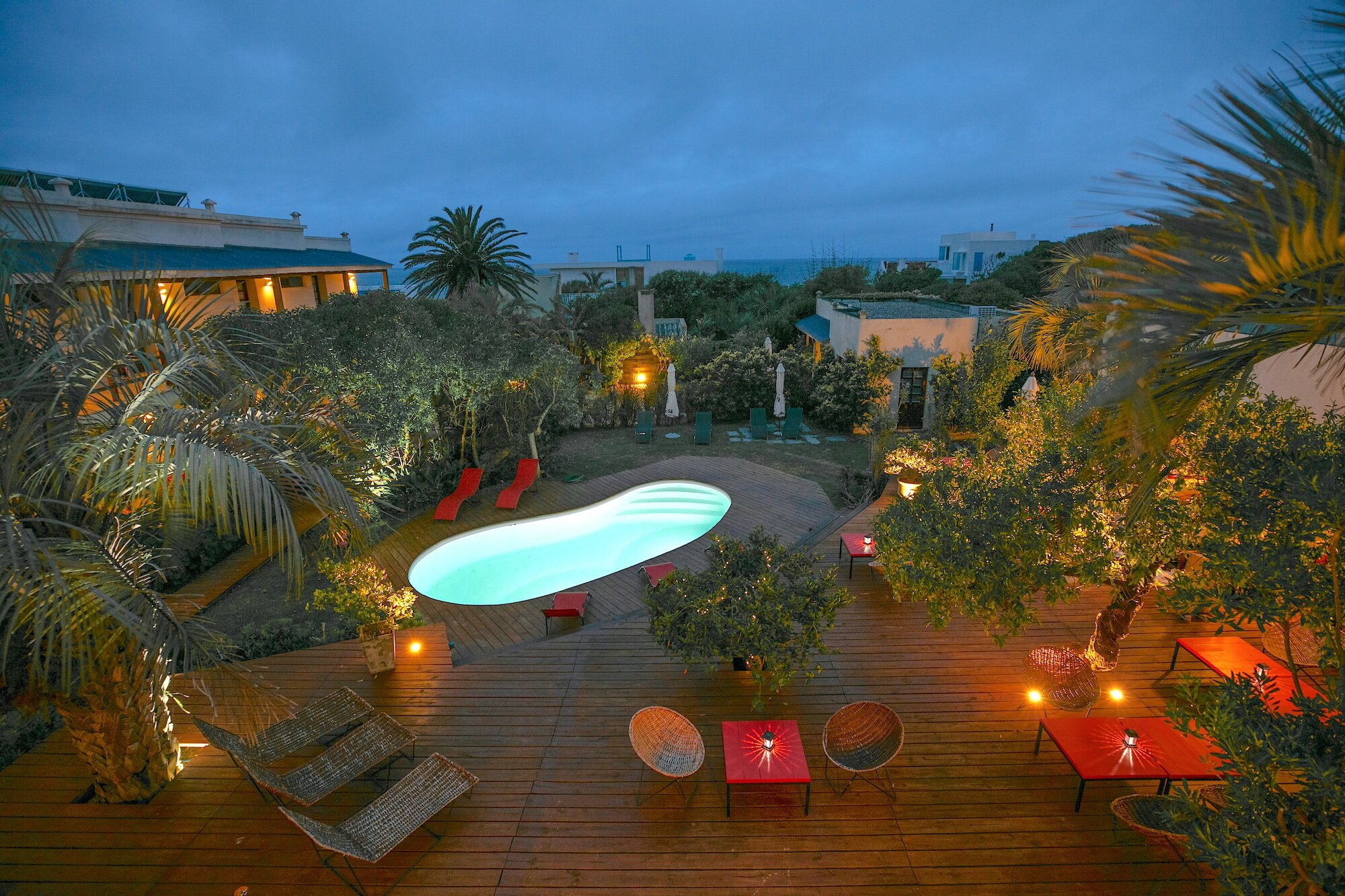
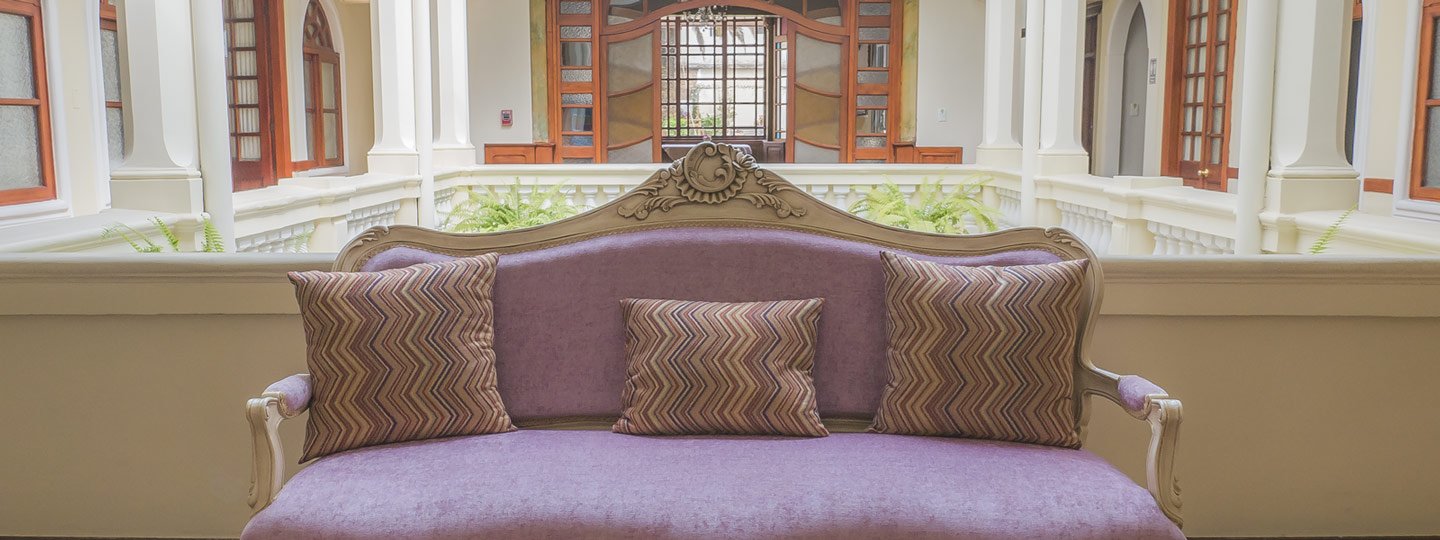
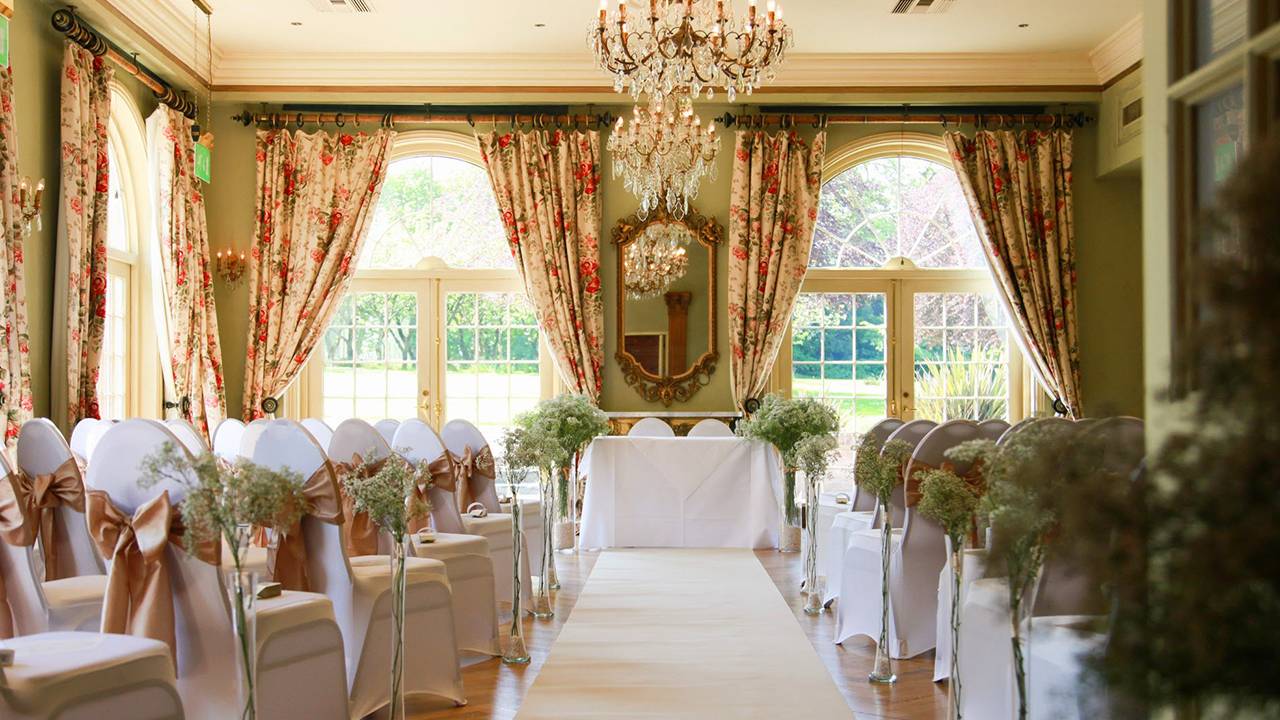
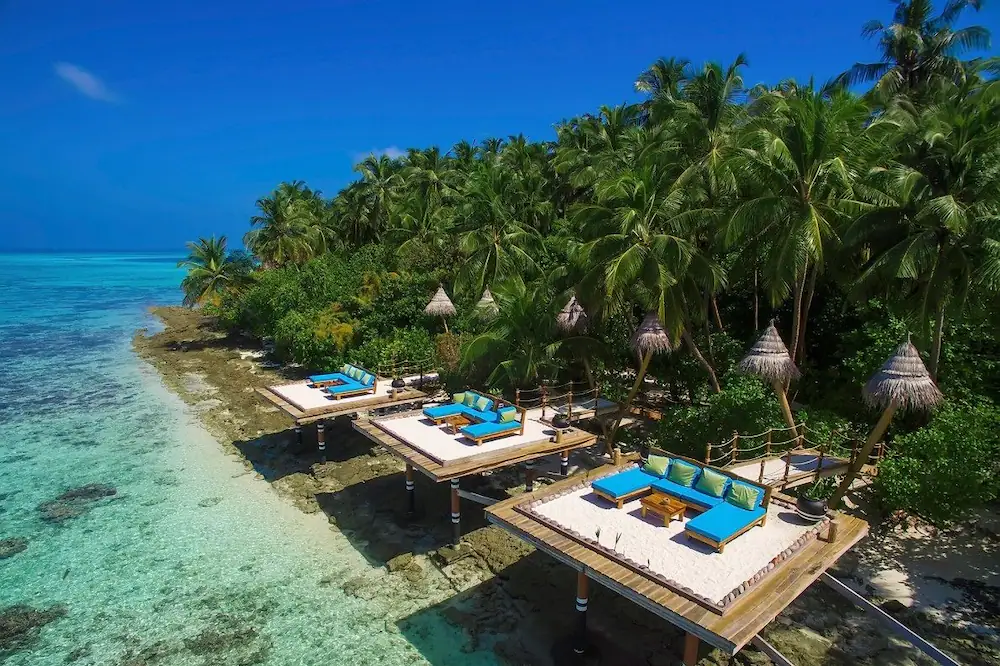
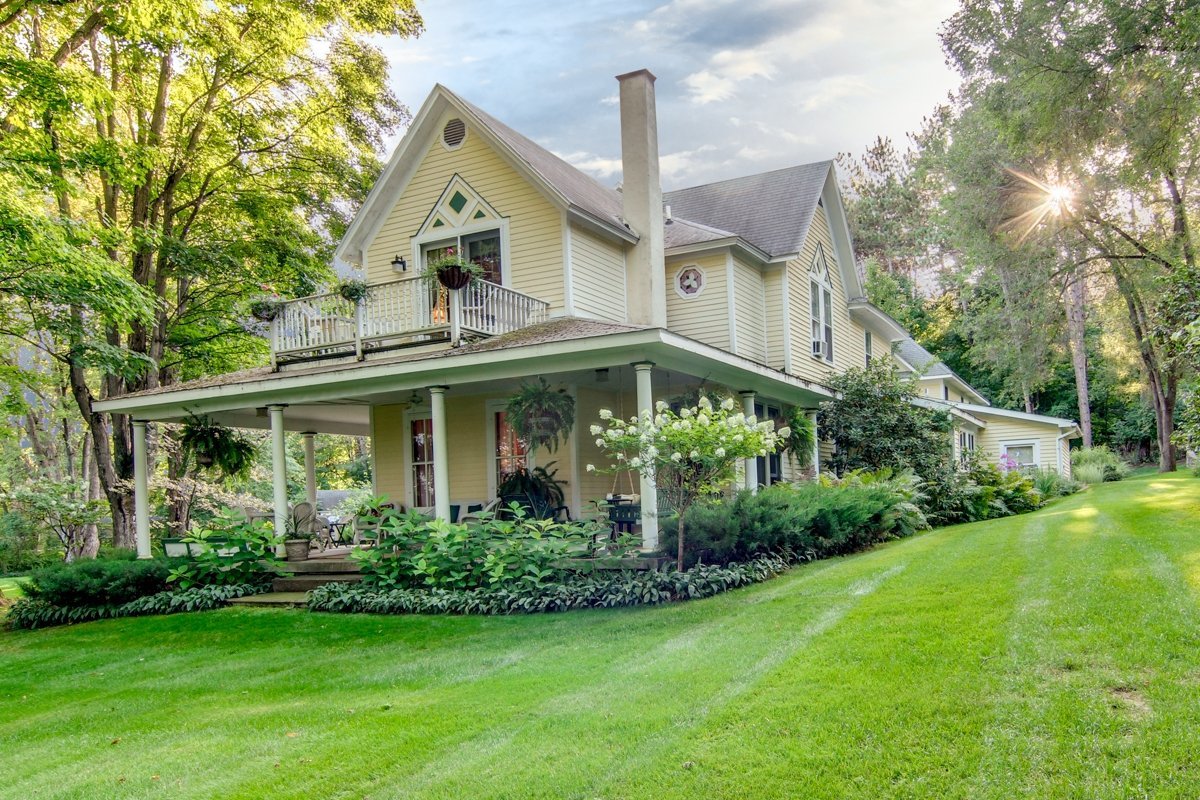
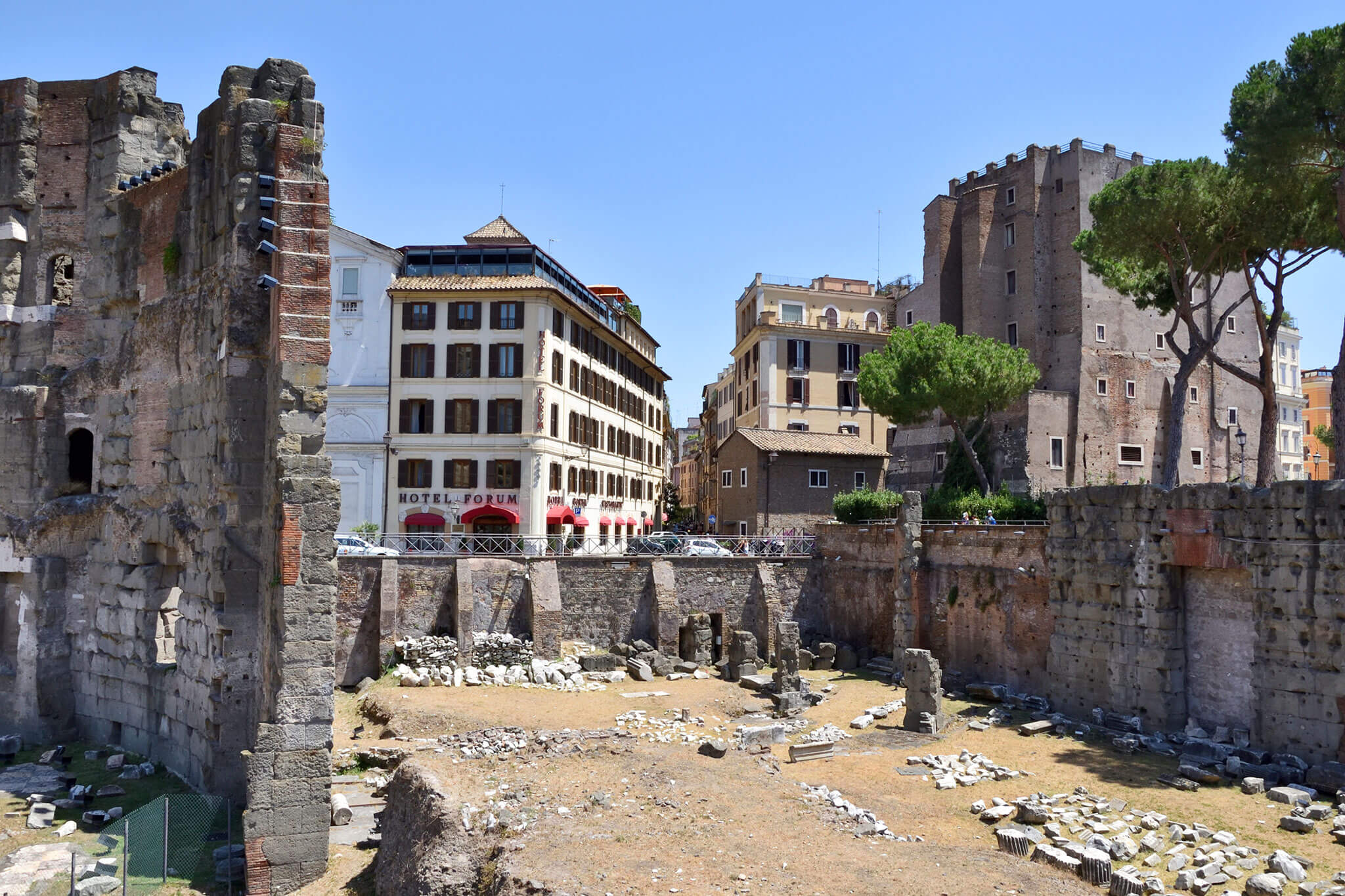

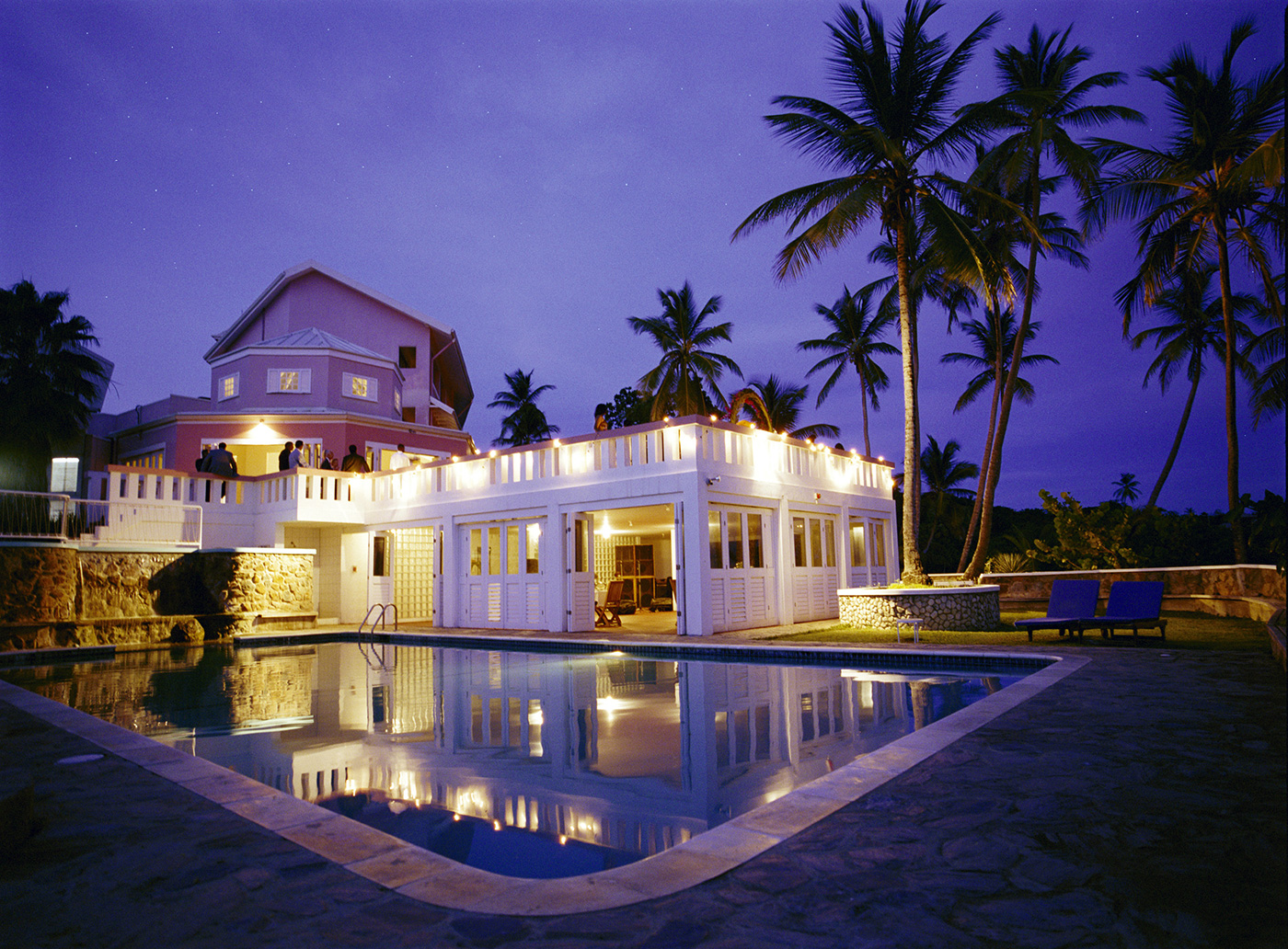
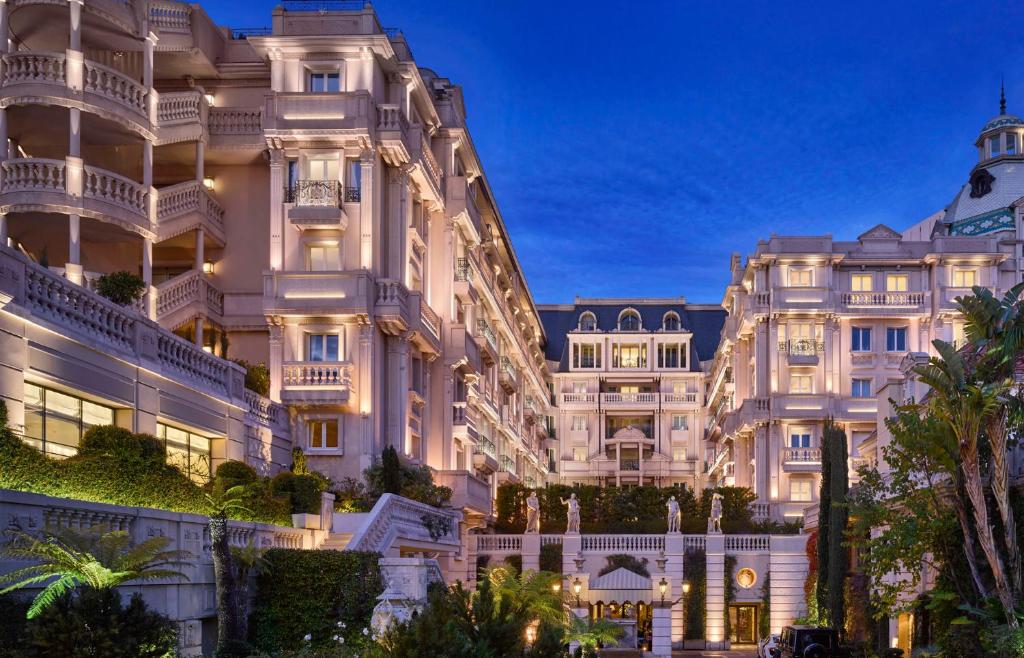
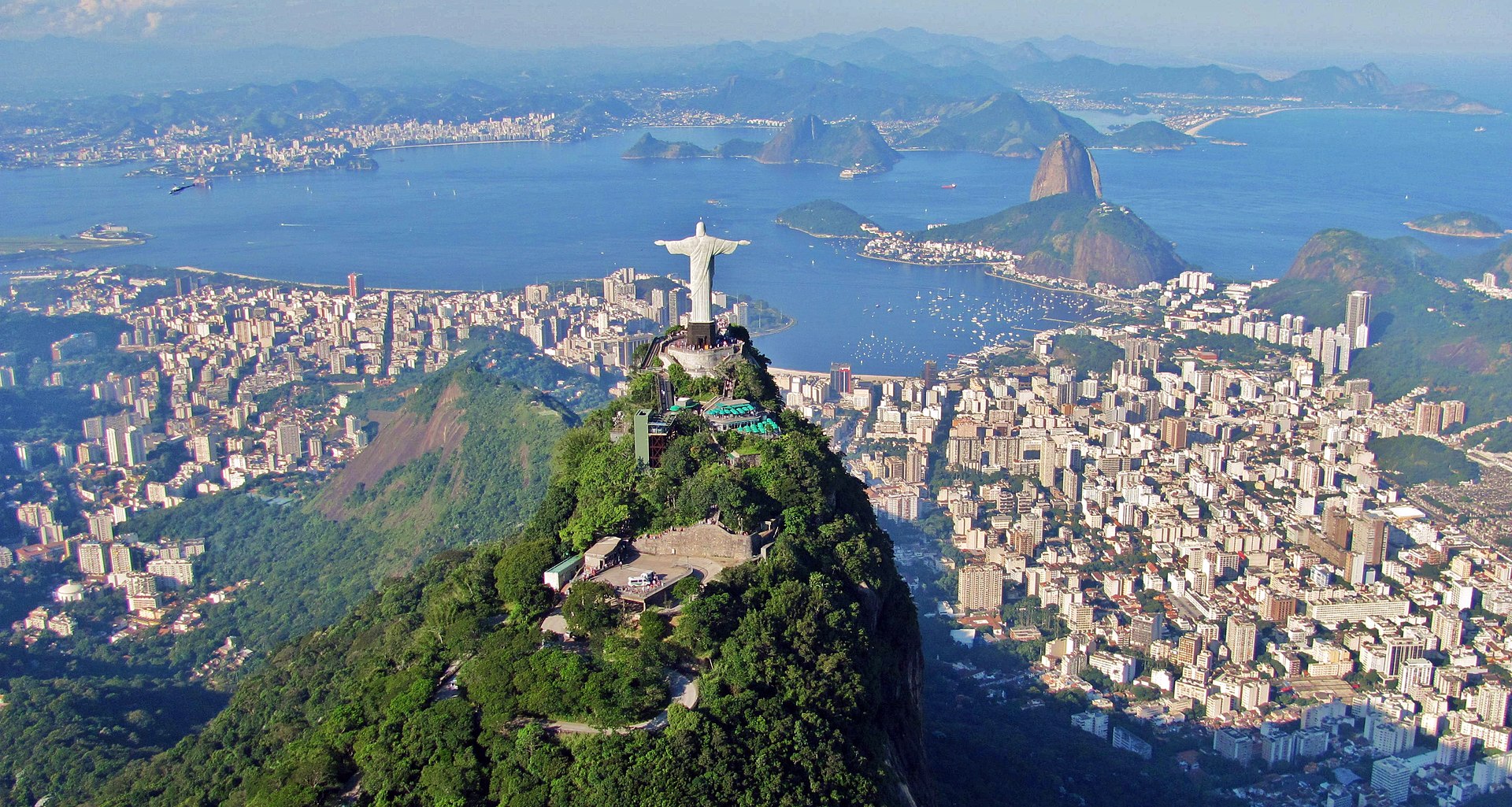
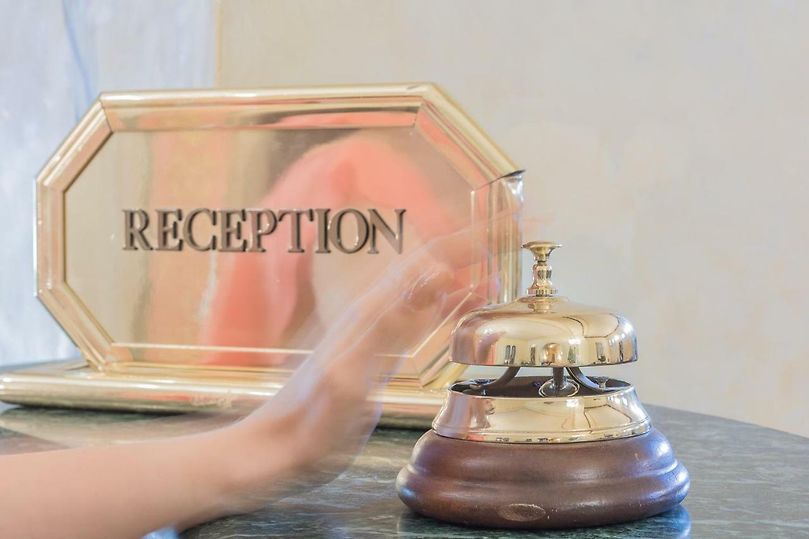
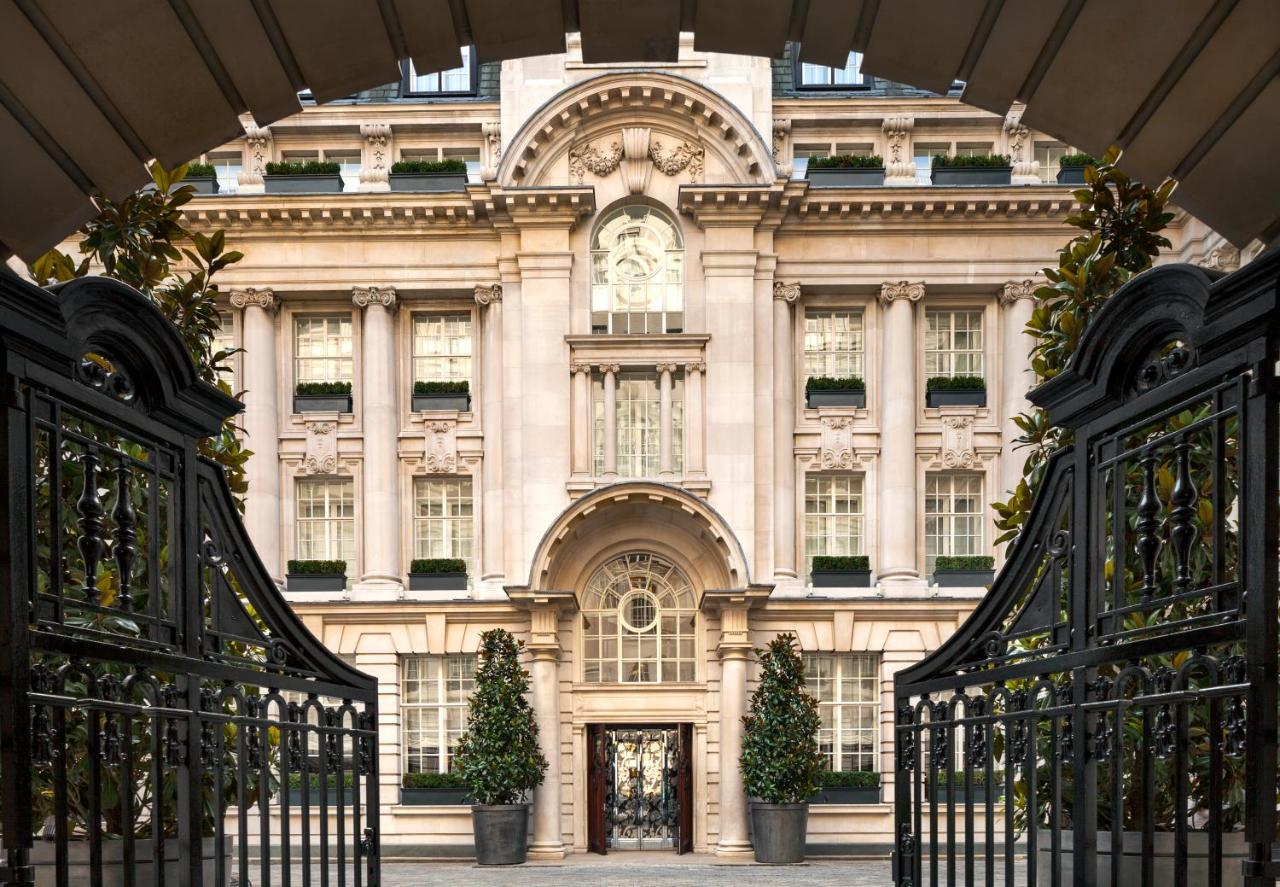
San Marco, Venice, Italy
Agent: Giovanni Conti - (Italy, North and East Africa, Sri Lanka)
Agent Cellphone: +27 84 413 1071
Agent Office Number: +27 84 413 1071
Agent Email Address: giovanni@exquisitehotelconsultants.com
Type: Hotel
Bedrooms: 79
Bathrooms: 79
Showers: 79
Parking: 100
Yield: Not Disclosed
VENICE
"Venice: The city where everyone sails...."
"When I seek another word for ‘music’, I never find any other word than ‘Venice’.” Friedrich Nietzsche
"It is the city of mirrors, the city of mirages, at once solid and liquid, at once air and stone.” Erica Jong
“There is something so different in Venice from any other place in the world that you leave at once all accustomed habits and everyday sights to enter an enchanted garden.” Mary Shelley
Venice is a city in northeastern Italy and the capital of the Veneto region.
It is situated across a group of 118 small islands that are separated by canals and linked by over 400 bridges. The islands are located in the shallow Venetian Lagoon, an enclosed bay that lies between the mouths of the Po and the Piave rivers (more exactly between the Brenta and the Sile). Parts of Venice are renowned for the beauty of their settings, their architecture, and artwork. The lagoon and a part of the city are listed as a UNESCO World Heritage Site
In 2018, 260,897 people resided in Comune di Venezia, of whom around 55,000 live in the historical city of Venice (Centro Storico). Together with Padua and Treviso, the city is included in the Padua-Treviso-Venice Metropolitan Area (PATREVE), with a total population of 2.6 million. PATREVE is only a statistical metropolitan area.
The name is derived from the ancient Veneti people who inhabited the region by the 10th century BC. The city was historically the capital of the Republic of Venice. Venice has been known as the "La Dominante", "Serenissima", "Queen of the Adriatic", "City of Water", "City of Masks", "City of Bridges", "The Floating City", and "City of Canals."
The 697-1797 Republic of Venice was a major financial and maritime power during the Middle Ages and Renaissan, and a staging area for the Crusades and the Battle of Lepanto, as well as a very important center of commerce (especially silk, grain, and spice) and art in the 13th century up to the end of the 17th century. The city-state of Venice is considered to have been the first real international financial center that gradually emerged from the 9th century to its peak in the 14th century. This made Venice a wealthy city throughout most of its history.
It is also known for its several important artistic movements, especially the Renaissance period. After the Napoleonic Wars and the Congress of Vienna, the Republic was annexed by the Austrian Empire, until it became part of the Kingdom of Italy in 1866, following a referendum held as a result of the Third Italian War of Independence. Venice has played an important role in the history of symphonic and operatic music, and it is the birthplace of Antonio Vivaldi.
Venice has been ranked the most beautiful city in the world as of 2016. Although the city is facing some challenges (including an excessive number of tourists and problems caused by pollution, tide peaks and cruise ships sailing too close to buildings), Venice remains a very popular tourist destination, a major cultural centre, and has been ranked many times the most beautiful city in the world. It has been described by the Times Online as one of Europe's most romantic cities and by The New York Times as "undoubtedly the most beautiful city built by man".
More than 20 million visitors visit Venice each year, compared to its permanent population of 55,000.....
History
Although no surviving historical records deal directly with the founding of Venice, tradition and the available evidence have led several historians to agree that the original population of Venice consisted of refugees—from nearby Roman cities such as Padua, Aquileia, Treviso, Altino, and Concordia (modern Portogruaro), as well as from the undefended countryside—who were fleeing successive waves of Germanic and Hun invasions.nThis is further supported by the documentation on the so-called "apostolic families", the twelve founding families of Venice who elected the first doge, who in most cases trace their lineage back to Roman families. Some late Roman sources reveal the existence of fishermen, on the islands in the original marshy lagoons, who were referred to as incolae lacunae ("lagoon dwellers"). The traditional founding is identified with the dedication of the first church, that of San Giacomo on the islet of Rialto (Rivoalto, "High Shore")—said to have taken place at the stroke of noon on 25 March 421 (the Feast of the Annunciation).
Beginning as early as AD 166–168, the Quadi and Marcomanni destroyed the main Roman town in the area, present-day Oderzo. This part of Roman Italy was again overrun in the early 5th century by the Visigoths and, some 50 years later, by the Huns led by Attila. The last and most enduring immigration into the north of the Italian peninsula, that of the Lombards in 568, left the Eastern Roman Empire only a small strip of coastline in the current Veneto, including Venice. The Roman/Byzantine territory was organized as the Exarchate of Ravenna, administered from that ancient port and overseen by a viceroy (the Exarch) appointed by the Emperor in Constantinople. Ravenna and Venice were connected only by sea routes, and with the Venetians' isolation came increasing autonomy. New ports were built, including those at Malamocco and Torcello in the Venetian lagoon. The tribuni maiores formed the earliest central standing governing committee of the islands in the lagoon, dating from c. 568.
The traditional first doge of Venice, Paolo Lucio Anafesto (Anafestus Paulicius), was elected in 697, as written in the oldest chronicle by John, deacon of Venice c. 1008. Some modern historians claim Paolo Lucio Anafesto was actually the Exarch Paul, and Paul's successor, Marcello Tegalliano, was Paul's magister militum (or "general"), literally "master of soldiers". In 726 the soldiers and citizens of the exarchate rose in a rebellion over the iconoclastic controversy, at the urging of Pope Gregory II. The exarch, held responsible for the acts of his master, Byzantine Emperor Leo III, was murdered, and many officials were put to flight in the chaos. At about this time, the people of the lagoon elected their own independent leader for the first time, although the relationship of this to the uprisings is not clear. Ursus was the first of 117 "doges" (doge is the Venetian dialectal equivalent of the Latin dux ("leader"); the corresponding word in English is duke, in standard Italian duca. (See also "duce".) Whatever his original views, Ursus supported Emperor Leo III's successful military expedition to recover Ravenna, sending both men and ships. In recognition of this, Venice was "granted numerous privileges and concessions" and Ursus, who had personally taken the field, was confirmed by Leo as dux and given the added title of hypatus (from the Greek for "consul").
In 751, the Lombard King Aistulf conquered most of the Exarchate of Ravenna, leaving Venice a lonely and increasingly autonomous Byzantine outpost. During this period, the seat of the local Byzantine governor (the "duke/dux", later "doge"), was at Malamocco. Settlement on the islands in the lagoon probably increased with the Lombard conquest of other Byzantine territories, as refugees sought asylum in the area. In 775/6, the episcopal seat of Olivolo (San Pietro di Castello, namely Helipolis was created. During the reign of duke Agnello Particiaco (811–827) the ducal seat moved from Malamocco to the more protected Rialto, within present-day Venice. The monastery of St. Zachary and the first ducal palace and basilica of St. Mark, as well as a walled defense (civitatis murus) between Olivolo and Rialto, were subsequently built here.
Charlemagne sought to subdue the city to his rule. He ordered the pope to expel the Venetians from the Pentapolis along the Adriatic coast; Charlemagne's own son Pepin of Italy, king of the Lombards, under the authority of his father, embarked on a siege of Venice itself. This, however, proved a costly failure. The siege lasted six months, with Pepin's army ravaged by the diseases of the local swamps and eventually forced to withdraw in 810. A few months later, Pepin himself died, apparently as a result of a disease contracted there. In the aftermath, an agreement between Charlemagne and the Byzantine Emperor Nicephorus in 814 recognized Venice as Byzantine territory, and granted the city trading rights along the Adriatic coast.
In 828 the new city's prestige increased with the acquisition, from Alexandria, of relics claimed to be of St Mark the Evangelist; these were placed in the new basilica. Winged lions—visible throughout Venice—are the emblem of St Mark. The patriarchal seat was also moved to Rialto. As the community continued to develop, and as Byzantine power waned, its own autonomy grew, leading to eventual independence.
Expansion
From the 9th to the 12th century, Venice developed into a city-state (an Italian thalassocracy or repubblica marinara; there were three others: Genoa, Pisa, and Amalfi). Its own strategic position at the head of the Adriatic made Venetian naval and commercial power almost invulnerable.[30] With the elimination of pirates along the Dalmatian coast, the city became a flourishing trade center between Western Europe and the rest of the world—especially with the Byzantine Empire and Asia), where its navy protected sea routes against piracy.
About us
In the heart of Venice, facing the Rialto Bridge, lies the world's most beautiful city just waiting to be experienced.
Our Unique Experience is pleased to offer three different living experiences, allowing guests to live their Venetian holiday in a hotel or according to their own desires.
The hotel could not fail to offer modern comforts and services for the best of the 4 Star Venice hotels, including, in the common areas: internet point, safe deposit boxes, elevator for easy access to the floors and the panoramic terrace, and always available to guests the services of a concierge, currency exchange, luggage rack and babysitting (on request), as well as 24-hour concierge service, multilingual staff, laundry service, room service and bar, room service and bar.
From April to October, breakfast is served on the terrace, to enjoy the extraordinary view of the Rialto Bridge. All rooms are equipped with a bathtub or shower, air conditioning, direct telephone line, satellite TV, minibar and hairdryer. Gondolas, water cabs and ACTV Vaporetto 1 and 2 dock in front of the hotel.
Accommodation
Rooms
The Hotel is pleased to offer six types of rooms. In all of them elegance, services and the comforts of a 4 Star Hotel Venice to satisfy your dreams. For you, an unforgettable stay 4 star Venice hotel in a traditional building with 79 rooms, 28 of which overlook the Grand Canal, completely refurnished in a combination of modern and Venetian styles.
The terrace-restaurant and bar offer the spectacle of the ever-changing daily life of the busy and colorful Grand Canal that the hotel overlooks. Ideally located for exploring and discovering the city. Imagine yourself sitting at the window of your Junior Suite while admiring the Rialto Bridge, one of the most famous symbols of Venice. Under the arch of the bridge, a steady stream of gondolas and boats cross the Grand Canal and the Vaporettos stop a few steps from the hotel to put all of Venice at your disposal.
The Junior Suites with views of the Grand Canal and Rialto Bridge will frame your romantic stay in Venice. From here you'll see, reflected on the Grand Canal, a Venice painted by light, while gondolas glide under the Rialto Bridge. You will also find soft personalized bathrobes, slippers and an extensive courtesy line. An alternative, in the name of tranquility, are the Junior Suites overlooking an internal street of the 4 Star Hotel Venice. From 18 to 25 square meters in size and all with a private bath, they allow you to add a third bed or crib upon request. For your honeymoon or your romantic streak, the Hotel dedicates its refined Junior Suites in the centre of Venice.
Among the romantic hotels in Venice, the Junior Suites with views of the Grand Canal and Rialto Bridge make the Hotel the hotel to marry in Venice. Sumptuous and romantic, furnished in the most classic 18th-century Venetian style, with attention to every detail of elegance and comfort, the Hotel's Honeymoon Junior Suites are delightful places to rest after a day of sightseeing and to enjoy the unique charm and atmosphere of Venice simply from the balcony of the Honeymoon Junior Suite, overlooking the most beautiful corner of the Grand Canal, right next to the Rialto Bridge. The Honeymoon Junior Suite with Balcony and view of the Grand Canal and Rialto Bridge, with its sitting area (sofa and two armchairs) and eighteenth-century furnishings, is the ideal place for a romantic honeymoon.
Venice Holiday Apartments
Hotel Luxury Studios offers Venice vacation apartments with luxury finishes and some with a spectacular view of the Rialto Bridge. Our luxury apartments are ideal for a romantic stay in Venice: they are located on the top floor of a noble palace overlooking the Rialto Bridge and the Grand Canal. An enchanting location where you can enjoy the magic that only Venice vacation apartments can offer.
Furnished in a contemporary style, the studios are embellished with luxurious details and enjoy a welcoming and relaxing atmosphere that makes them ideal for a romantic stay in Venice.
If you want to treat yourself to a unique experience, choose the Attico luxury apartment. From the panoramic windows, you can enjoy a spectacular view overlooking the Rialto Bridge and the Grand Canal. The view from the apartment allows you to admire a panorama that changes with the passing of the hours until sunset when Venice is even more beautiful and romantic!
The Attico luxury apartment is the most spacious and the most requested, hurry and book to live a unique experience in Venice. Features and amenities: Apartment for two people, 79 sqm, composed of living room with kitchenette, bedroom, bathroom with shower.
Cosy and luxurious vacation apartments in Venice, overlooking the calle, pampered by all the comforts: what could be better for a romantic getaway in the most beautiful city in the world? Book now, in these luxury apartments you will make your partner fall in love with you. Best online price guaranteed! Features and amenities: Apartments for two people, 47 sqm, composed of living room with kitchenette, bedroom, bathroom with bathtub.
Venice Guesthouse
Adjacent to the Hotel, but with its own entrance, our Guesthouse offers splendid 18th-century style Venice Vacation Rooms. Charming and relaxing rooms, with attention to every detail, where you can breathe in the atmosphere of the most authentic Venice for a romantic and unforgettable vacation. Equipped with all the most modern comforts, spacious and with high ceilings, the rooms are available as singles, doubles and triples, just a few metres from the splendid Rialto Bridge and the Grand Canal, in one of the most fascinating areas of Venice, convenient for reaching the city's major attractions. All rooms, located on the 1st floor, are equipped with a bathtub or shower, air conditioning, direct telephone line, satellite TV.
Clients booked

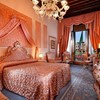

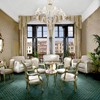









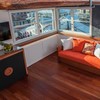







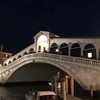
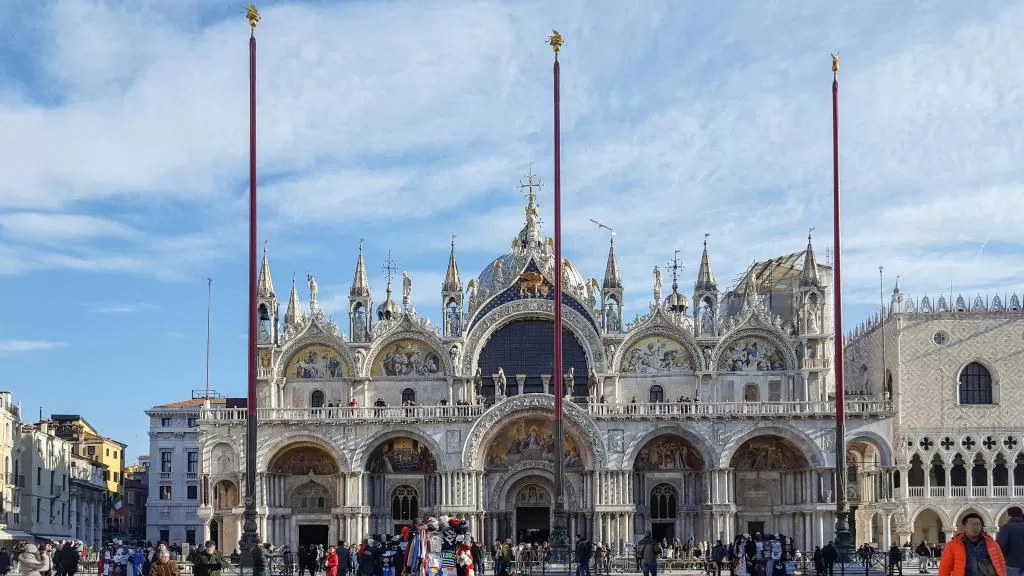

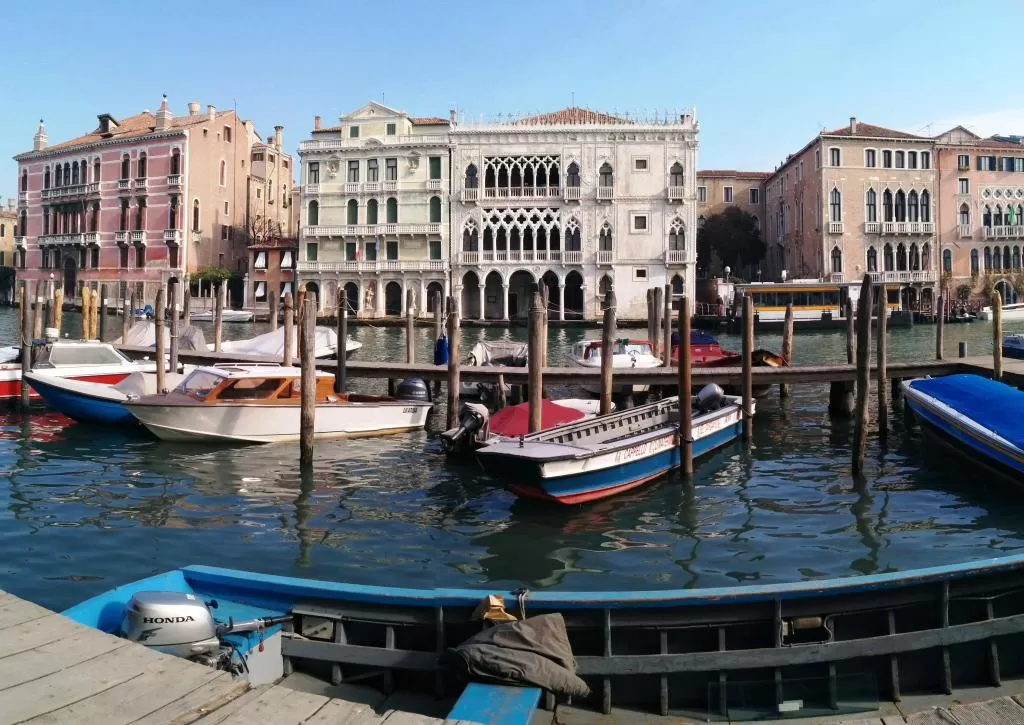
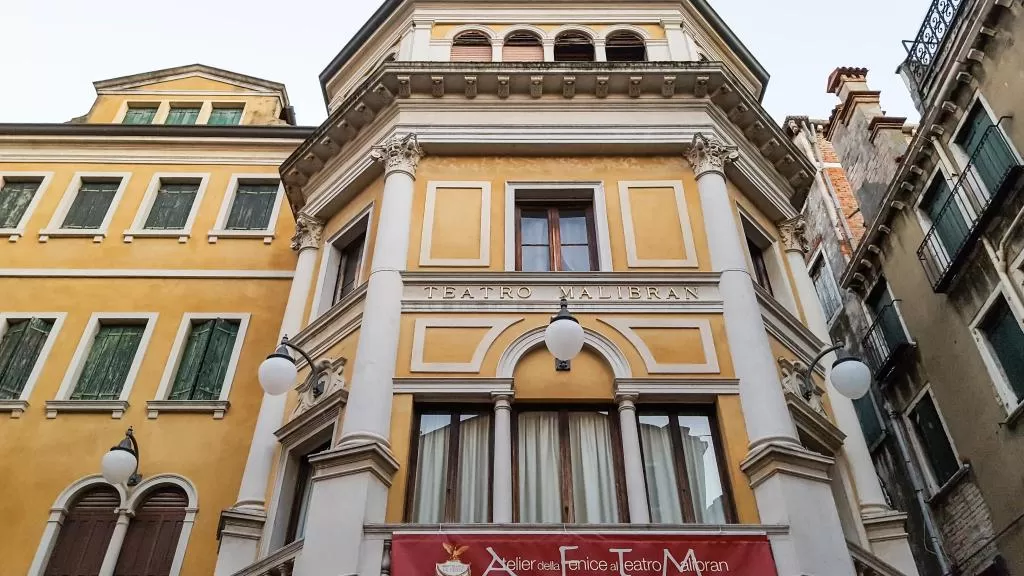
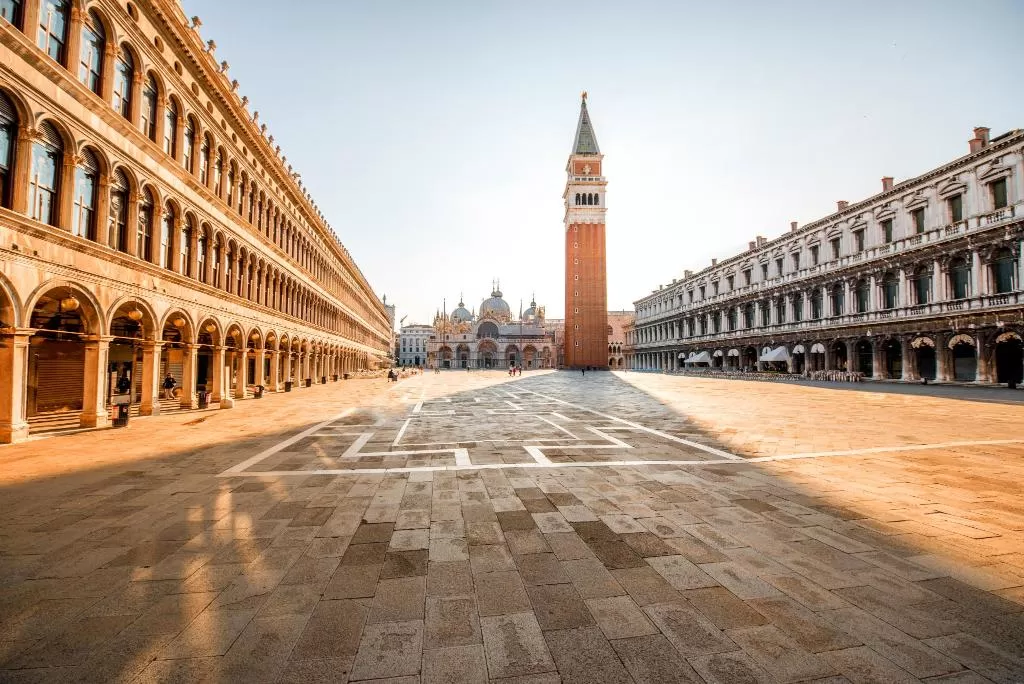
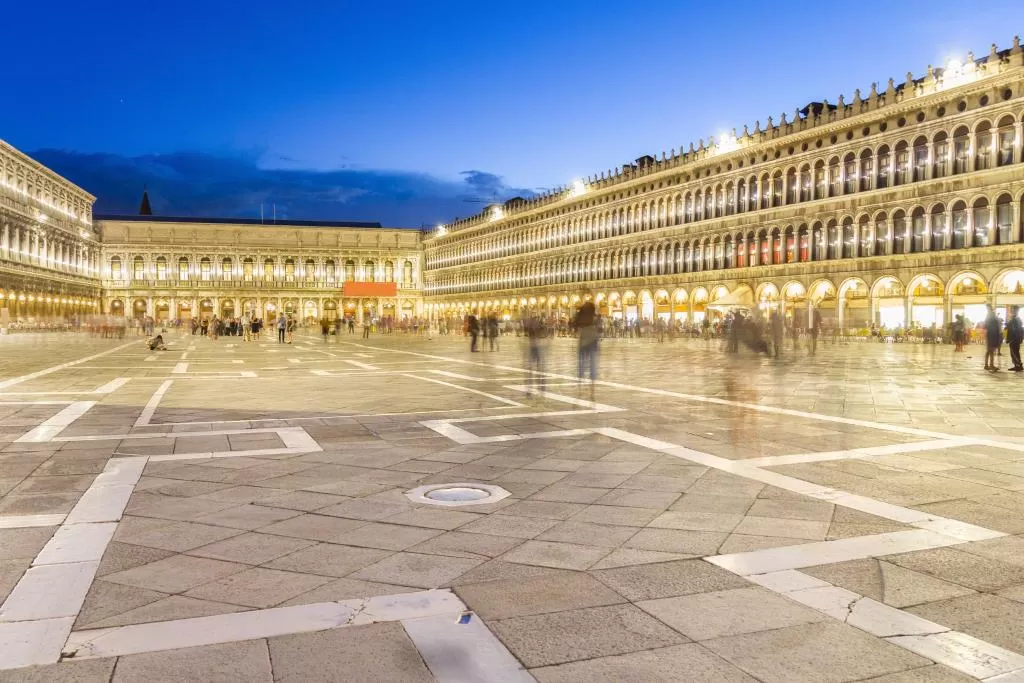
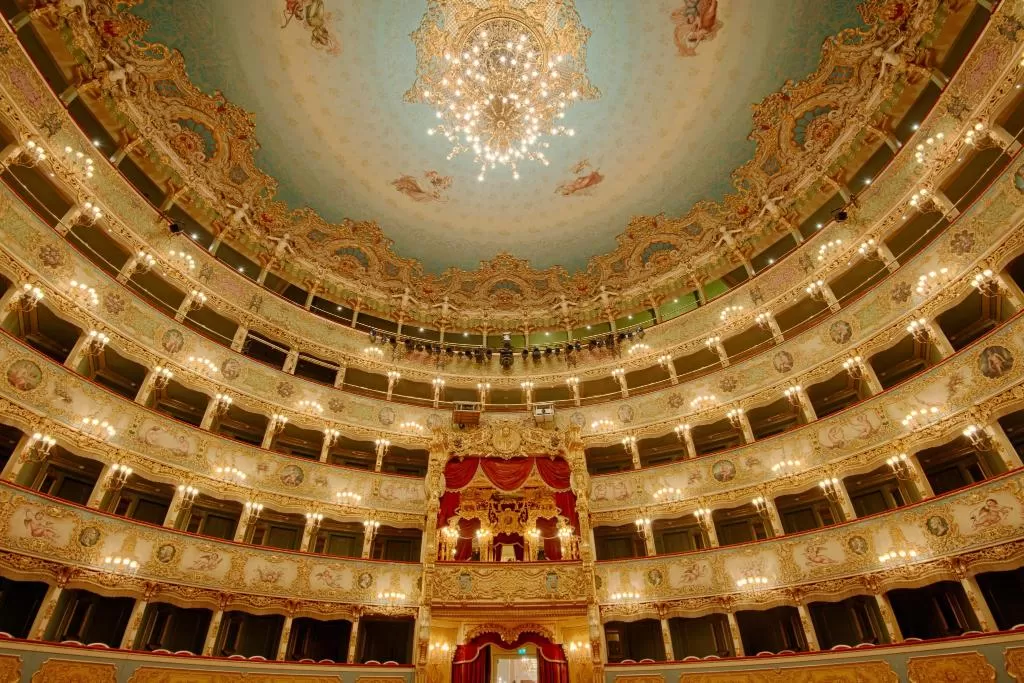
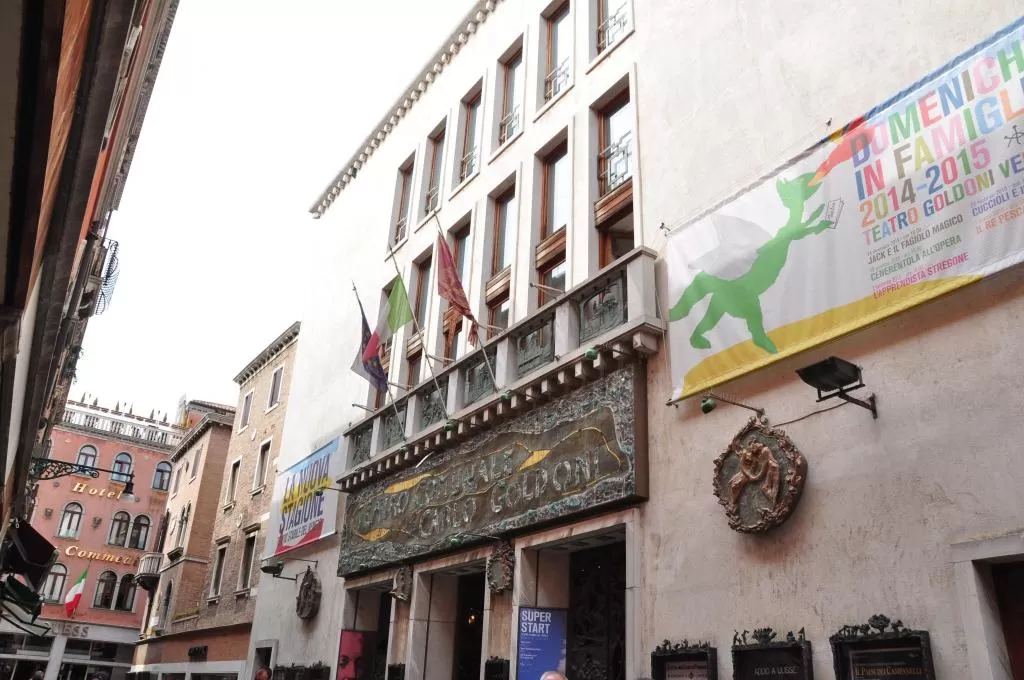
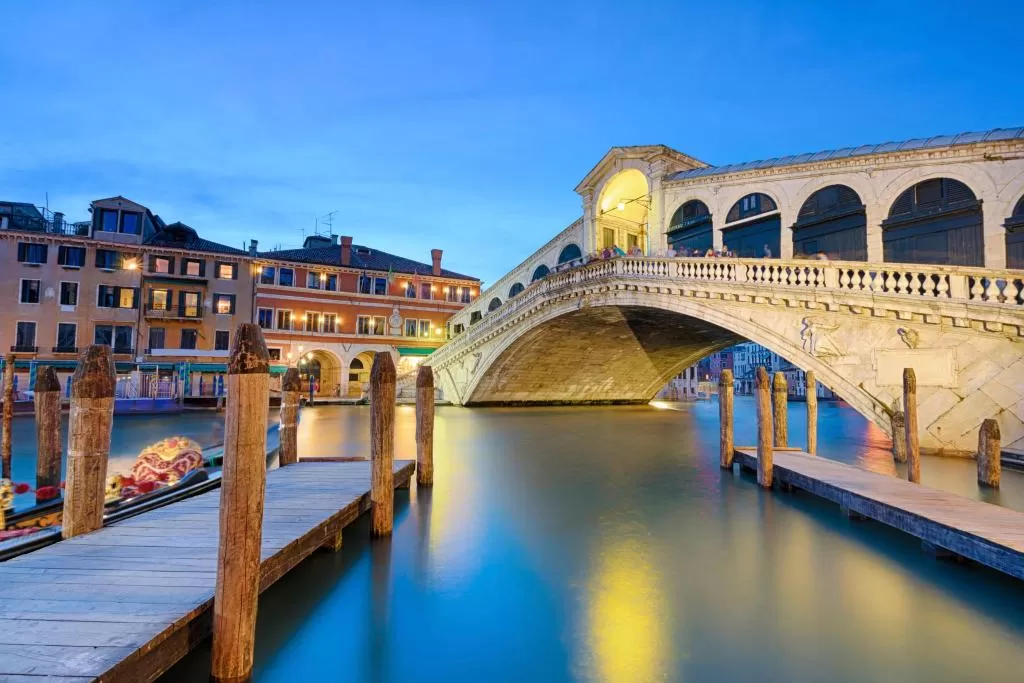
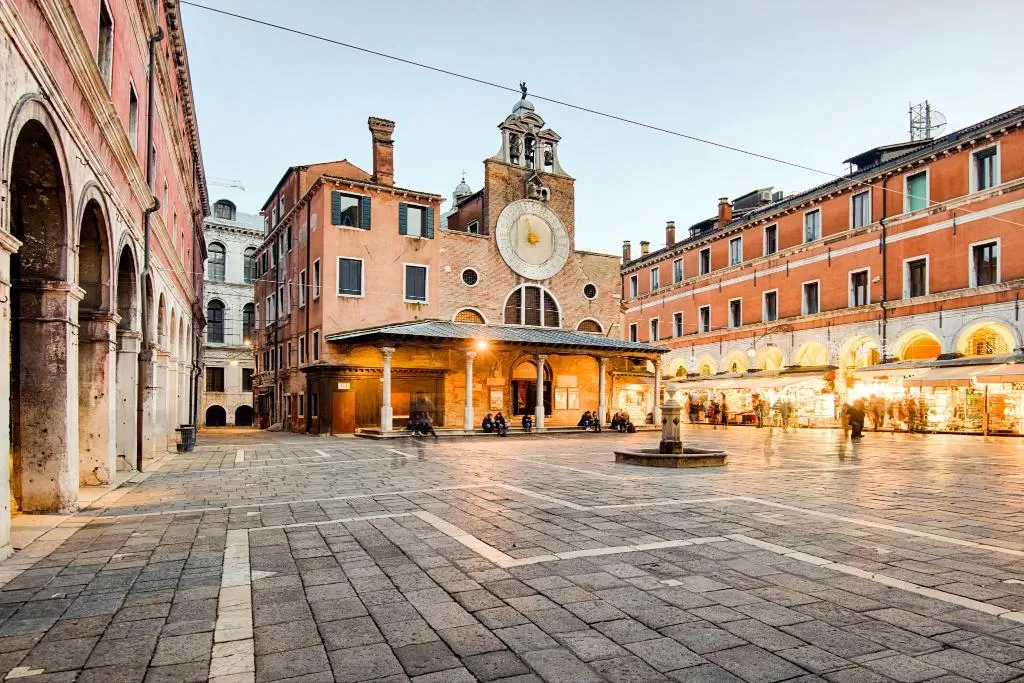
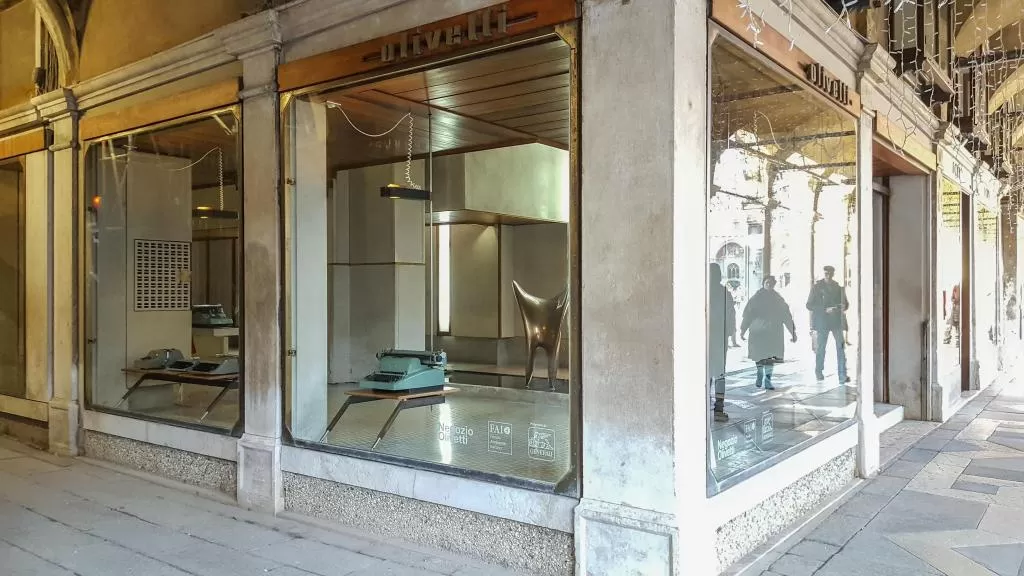
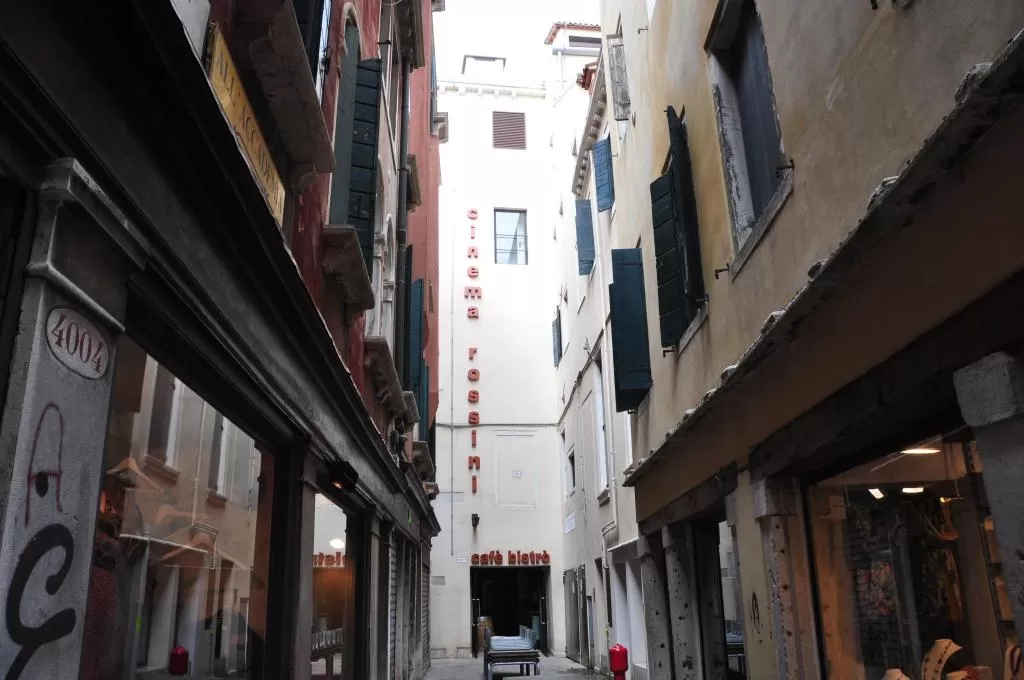


































Cliff Jacobs (Nat Dpl Hotel Man (UJ). MPRE. GA Level 5 TEFL) Managing Principal / CEO Exquisite Hotel Consultants (Pty) Ltd Mobile: +27 (0) 67 587 2532 (voice calls) Mobile: +27 (0) 84 413 1071 (WhatsApp voice calls and chats only) / +27 (0) 61 716 6951 (WhatsApp voice calls and chats only) Email: cliff@exquisitehotelconsultants.com Web: https://www.exquisitehotelconsultants.com © All rights reserved Terms and Conditions apply Scroll down to view our Hospitality Properties and Businesses for sale or lease or lease-to-buy or partnership arrangement or management agreement arrangement.
